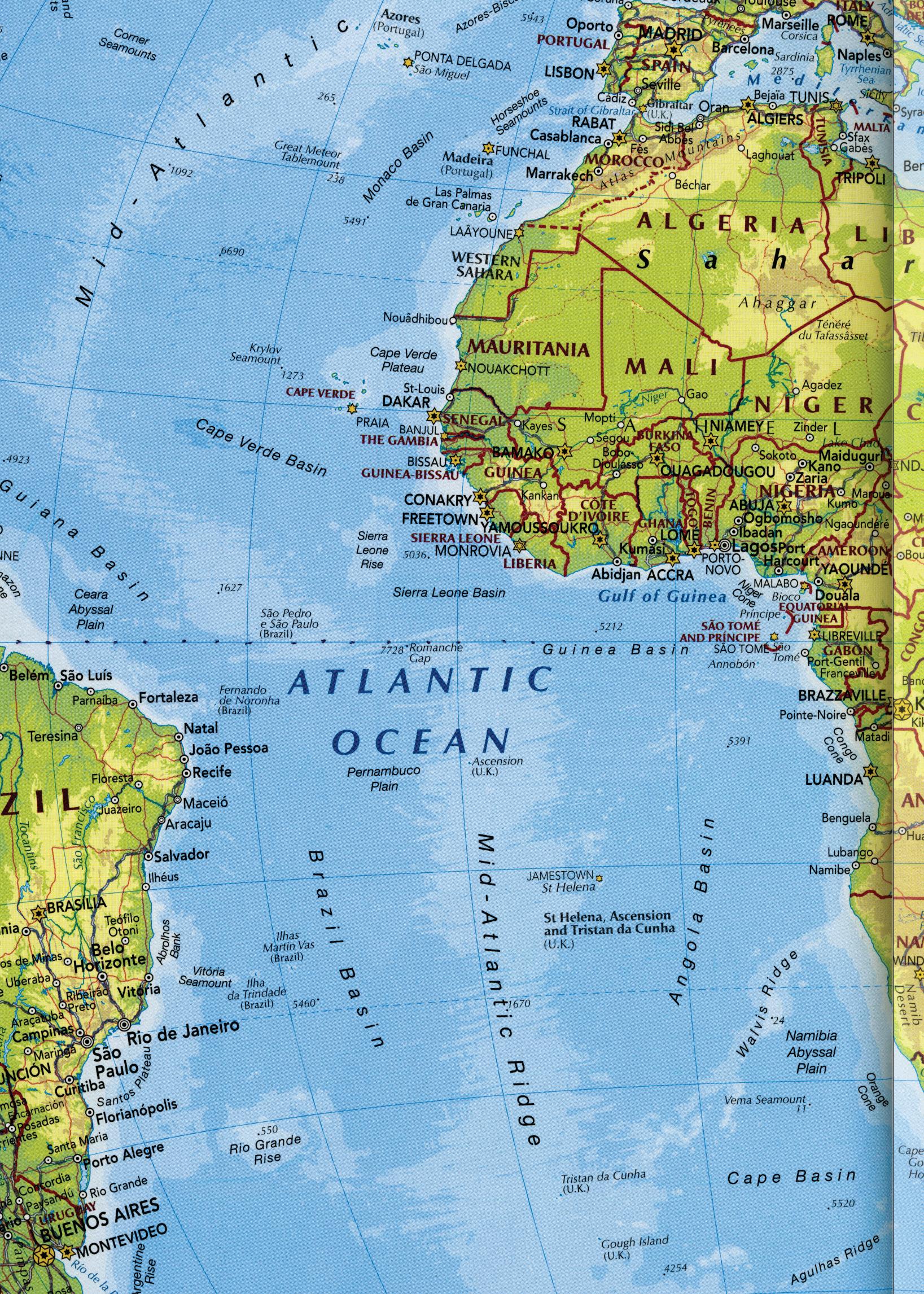

Rasa Sayang
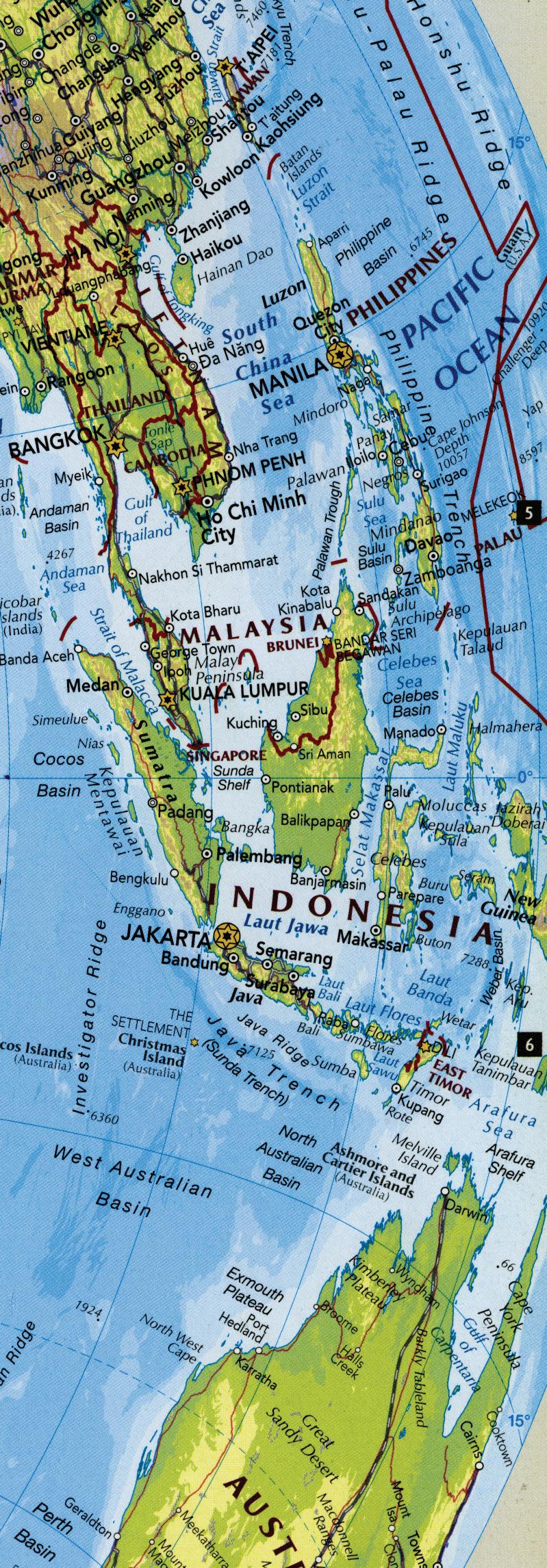
Rasa Sayang
Alyssa Aziz
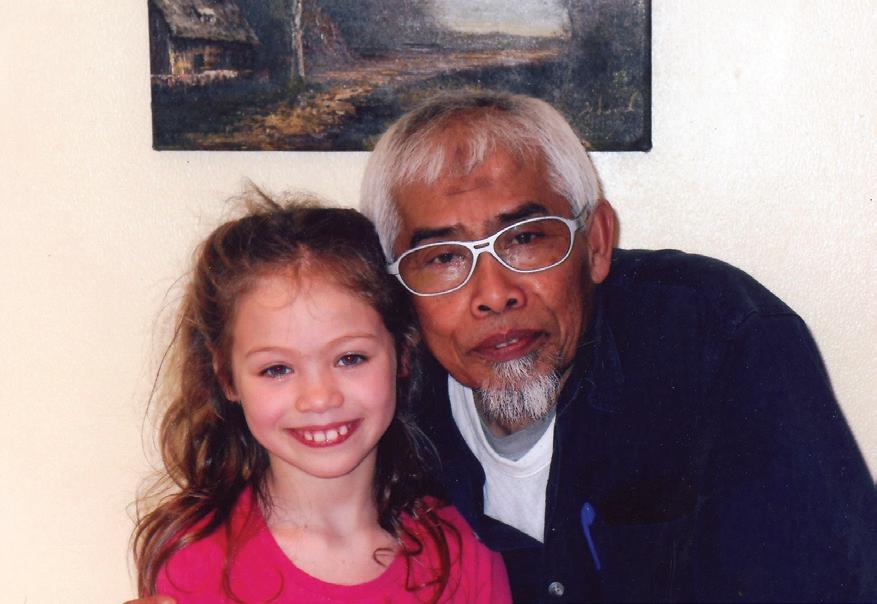
Throughout my Grandpa’s life, he has always been determined and adventurous. At the age of 19, he left his home in Malaysia to travel the world, in hope of disproving stigmatizing language from the Encyclopaedia Britannica which characterised his fellow countrymen as ‘lazy and indolent’.
After closely observing how lonely and disorientating Alzheimer’s disease can be, I wanted to find a new way to help rejuvenate his outgoing spirit. Set within his home and the hidden corners of his overgrown garden, this body of work visually explores and reflects the duality of my Grandfather’s current confinement to the boundary less life, previously lived beyond the garden wall.
Choosing to listen to music with my Grandpa became such a beautiful surprise. With its unique ability of activating the brain; the power of music, provided us with a new form of non-verbal communication. One that relies only on the use of sounds and rhythms. Nothing has matched the first time that I saw my Grandpa’s face fill with pure joy after being reconnected with an old Malaysian poetic folk song. It elicited a spark of new emotions and provided him a new range of movement.
The folk song, Rasa Sayang, translates as ‘A Loving Feeling’. Encapsulating the exact sentiment that I created for him within all my visits and that I encourage others to seek with their loved ones.
Alyssa Aziz
Scientific research continues to affirm what many caregivers have long observed: music has a unique ability to engage the brain, even in the face of cognitive decline. It activates widespread neural networks responsible for memory, emotion, movement, and identity—often sparking moments of clarity, recognition, and connection in individuals living with dementia.
Unlike language, which can become difficult to access in the later stages of life, music remains deeply embedded, offering a powerful, nonverbal way to communicate and engage.
In particular, music that was part of one’s lived experience continues to reach preserved memories providing a sense of self and sense of belonging. From easing agitation in long-term care to bringing comfort in hospice, music is increasingly recognized as an evidence-based intervention that restores quality of life and preserves dignity. As awareness grows, so too does the call to make this simple yet profound tool available to all who can benefit.
Dr Concetta M. Tomaino
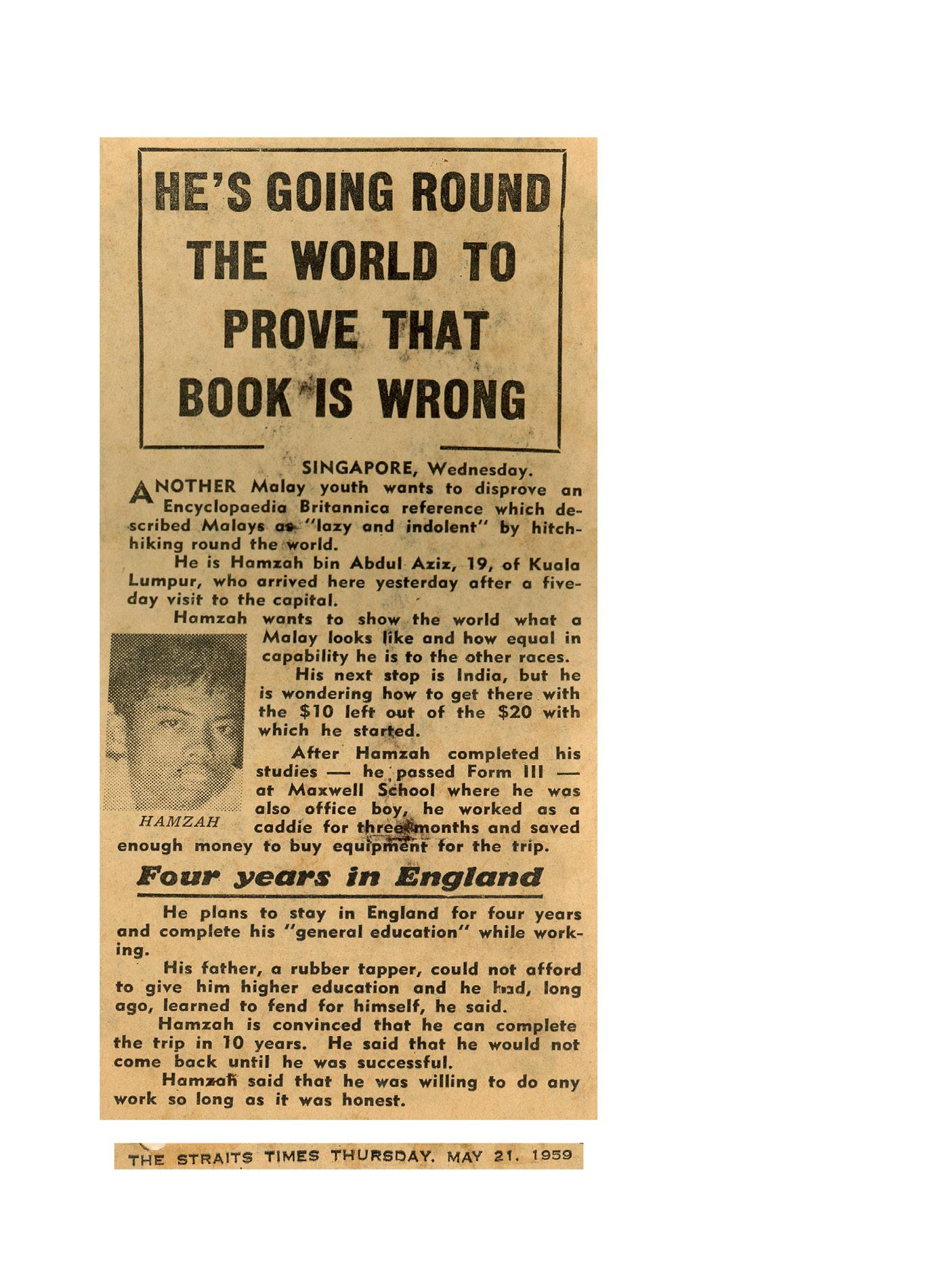
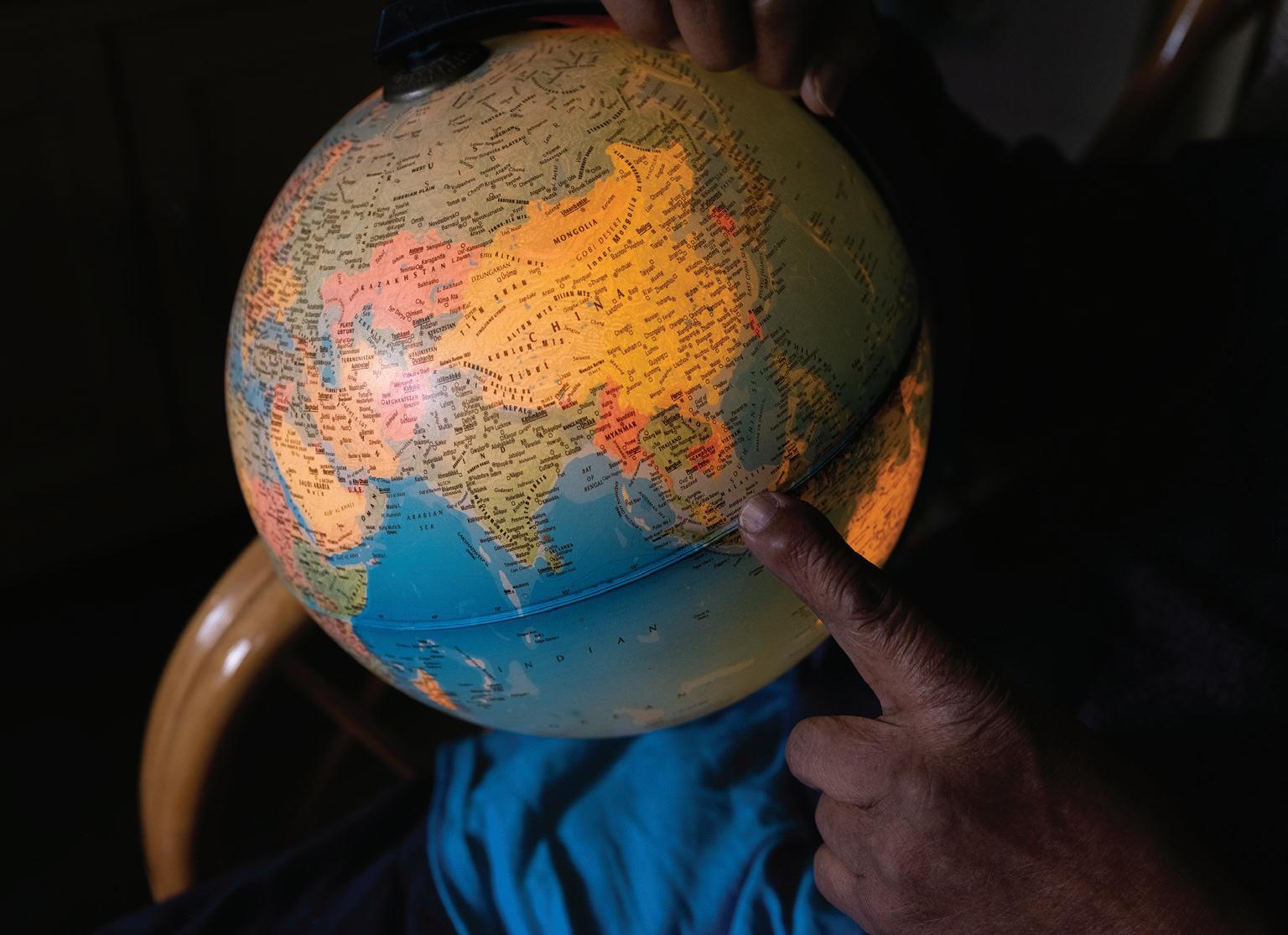


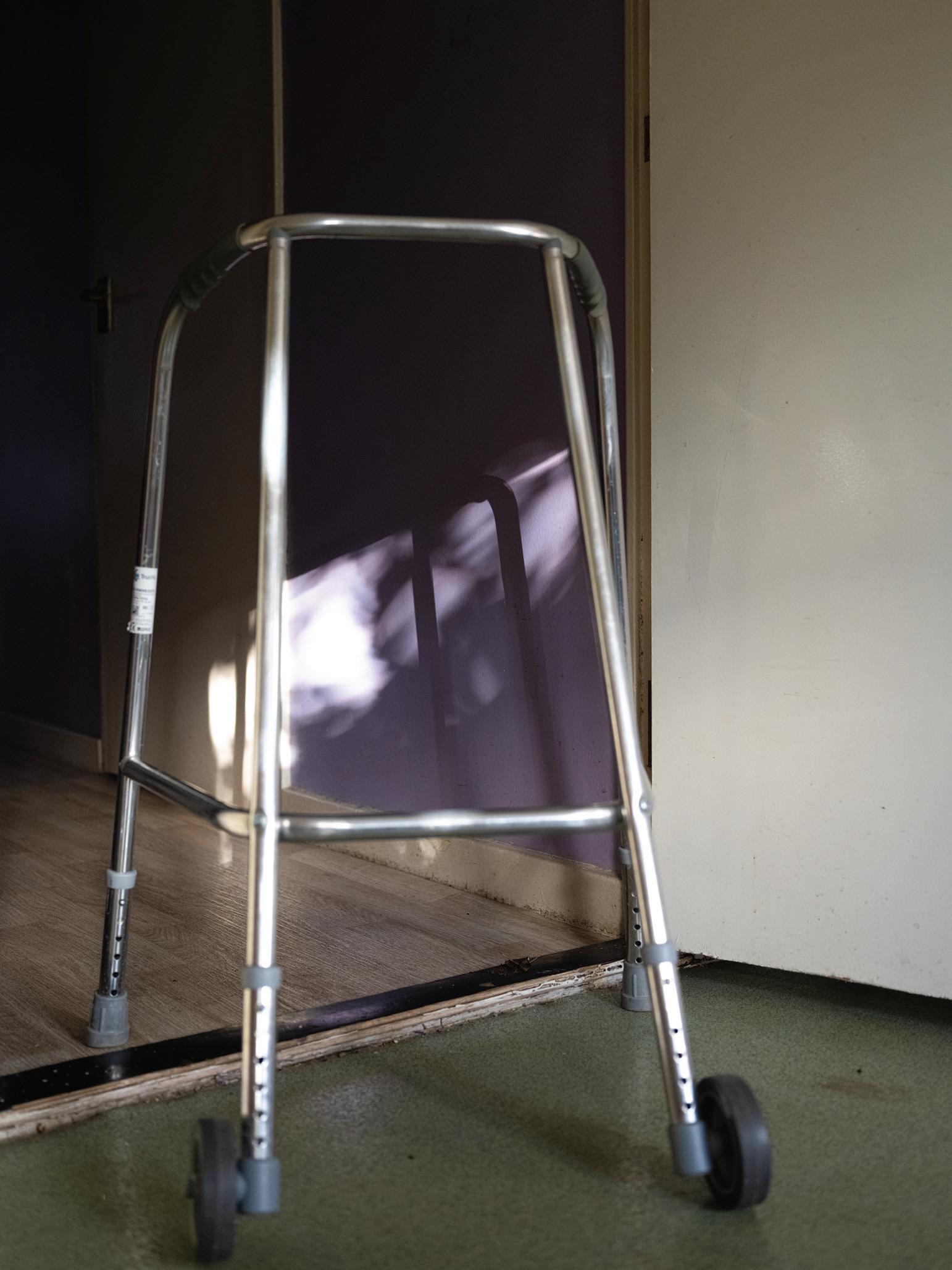
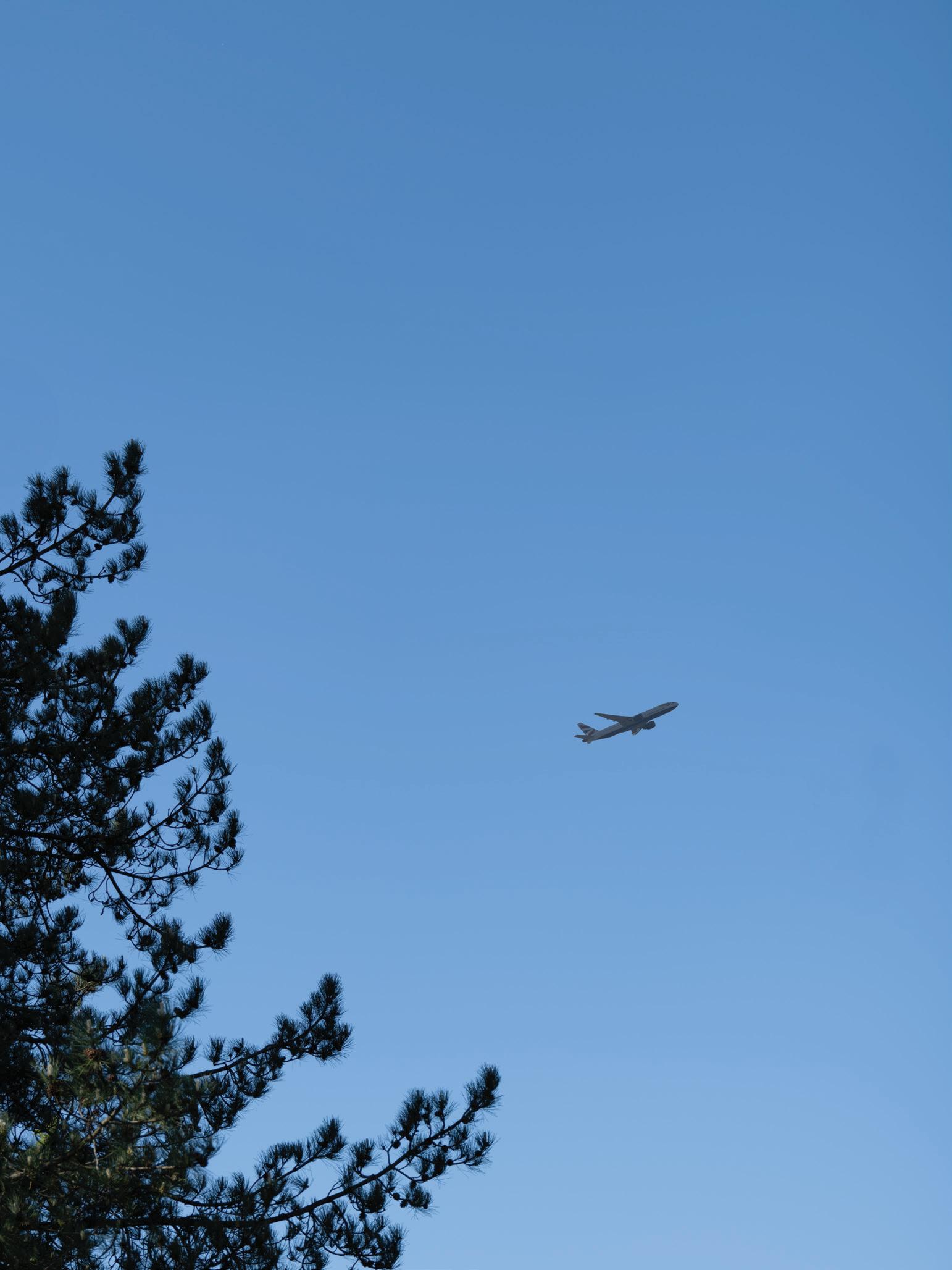
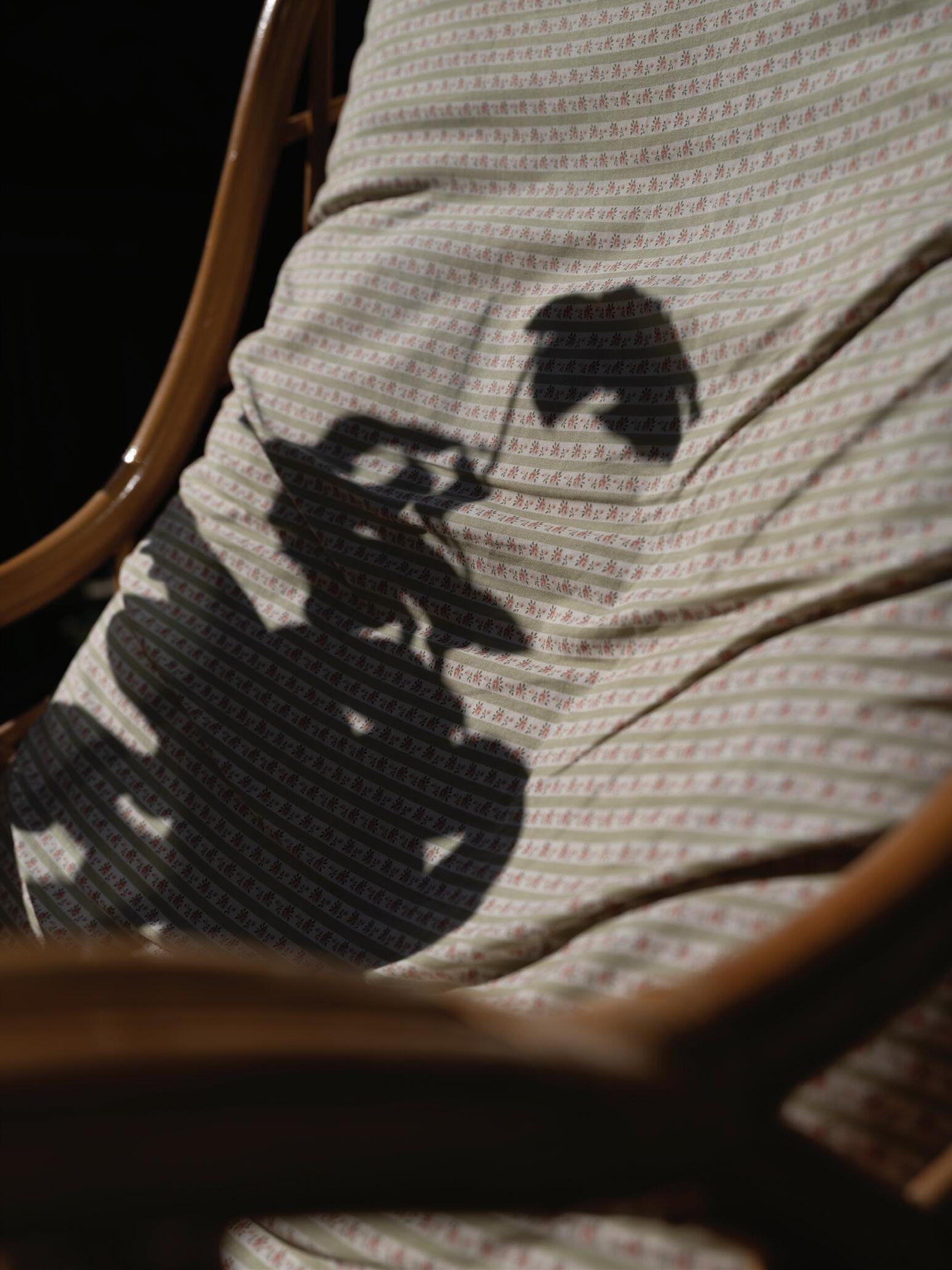
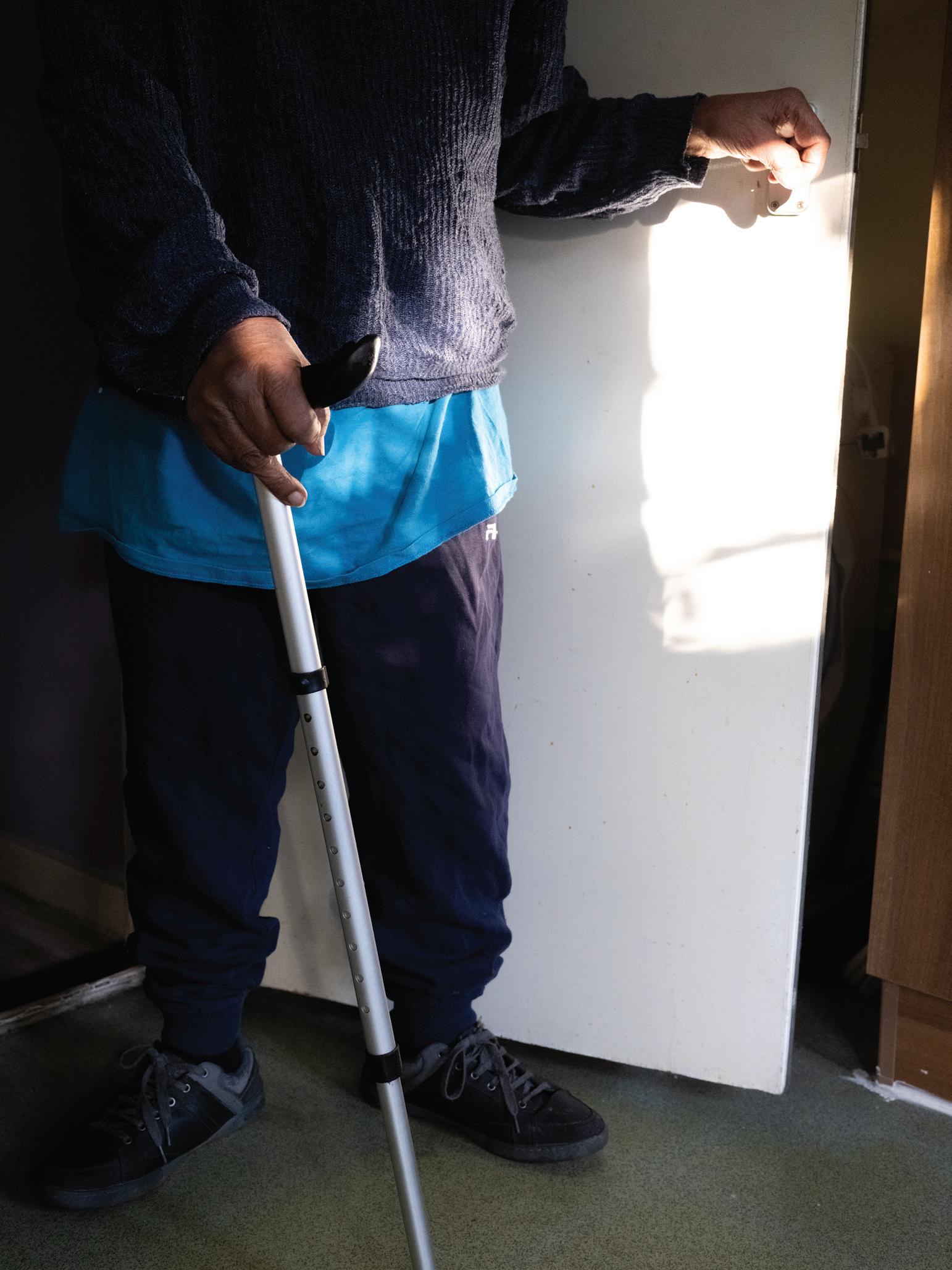
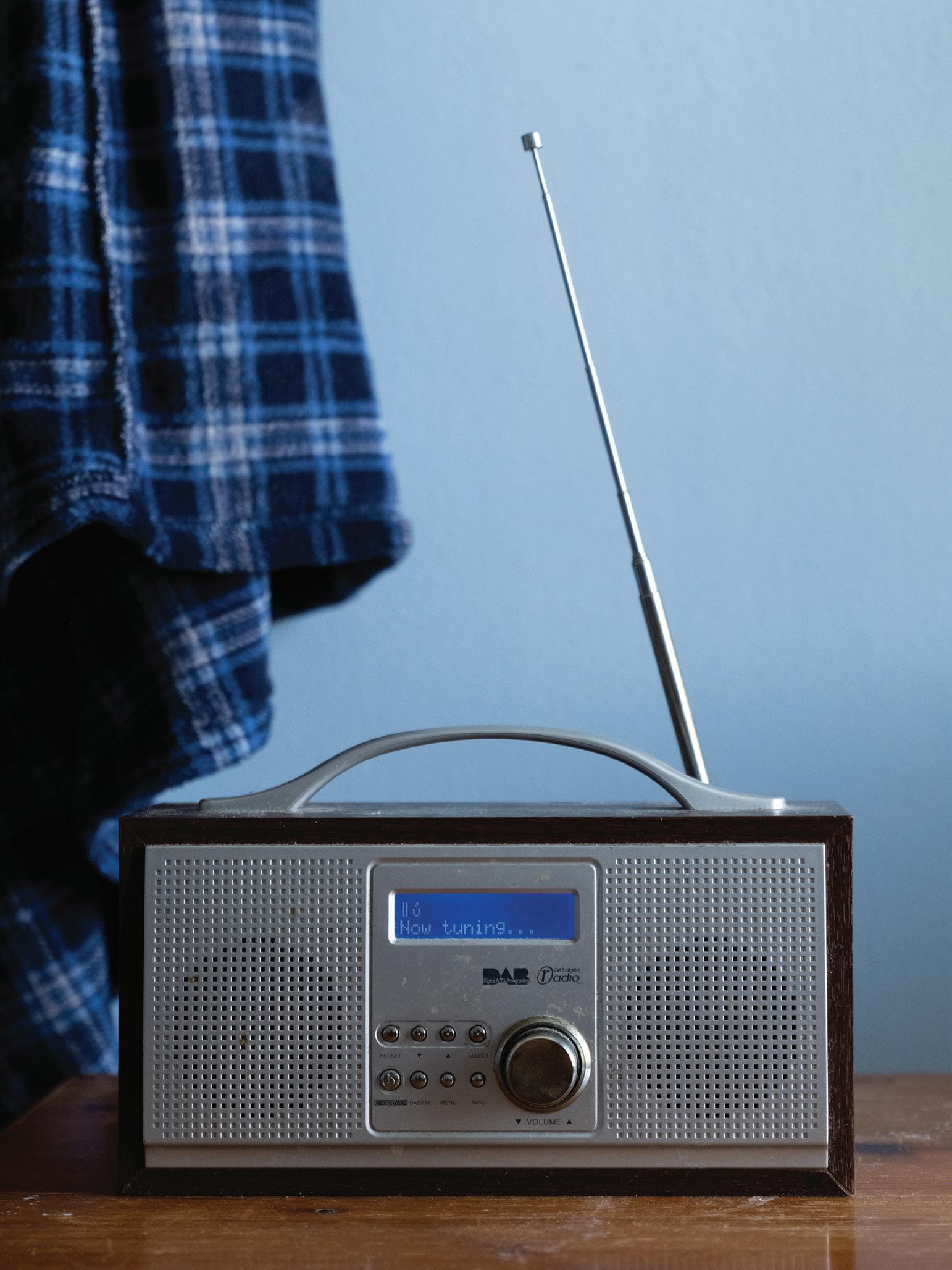
You Never Can Tell
Chuck Berry
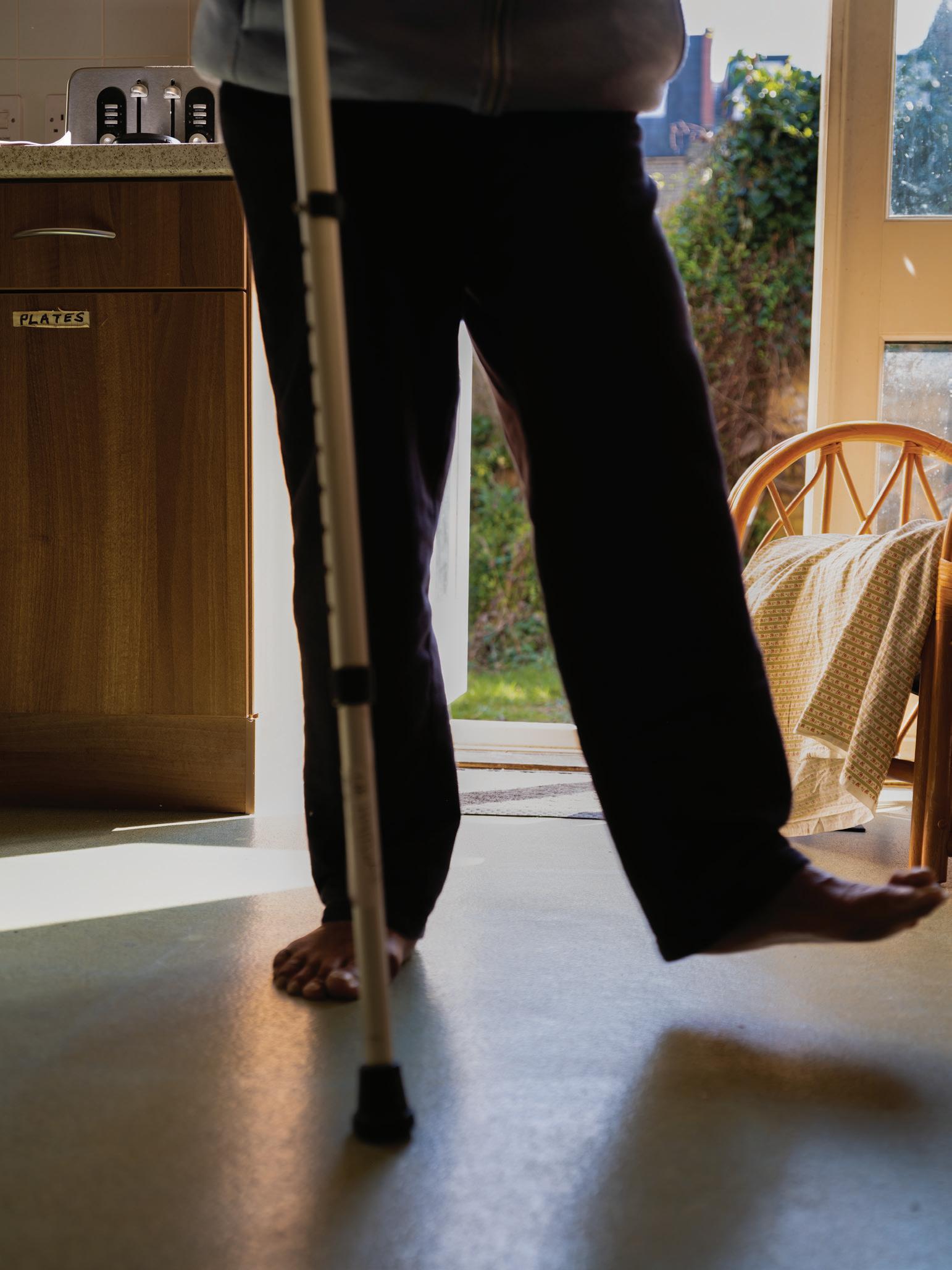
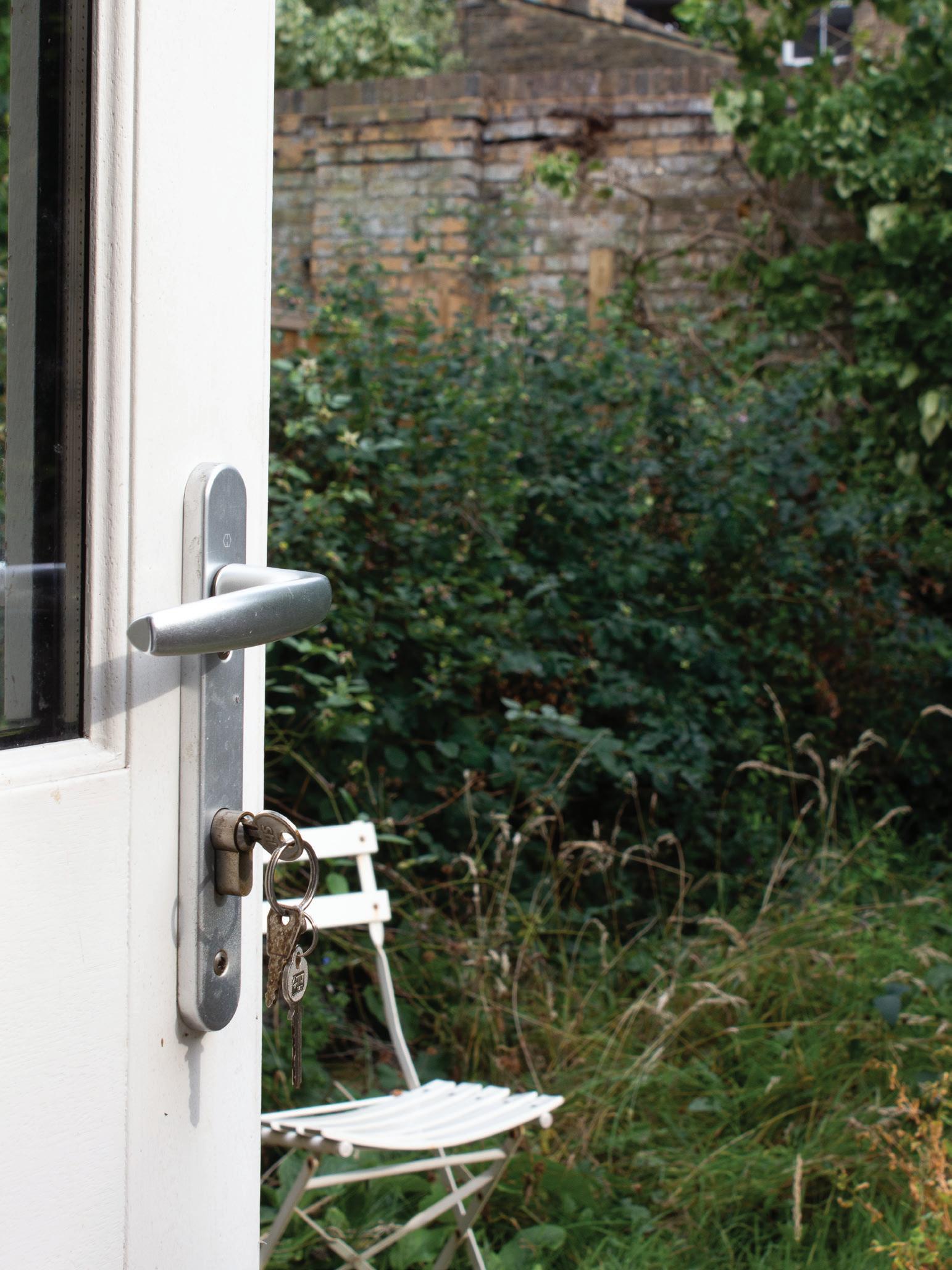
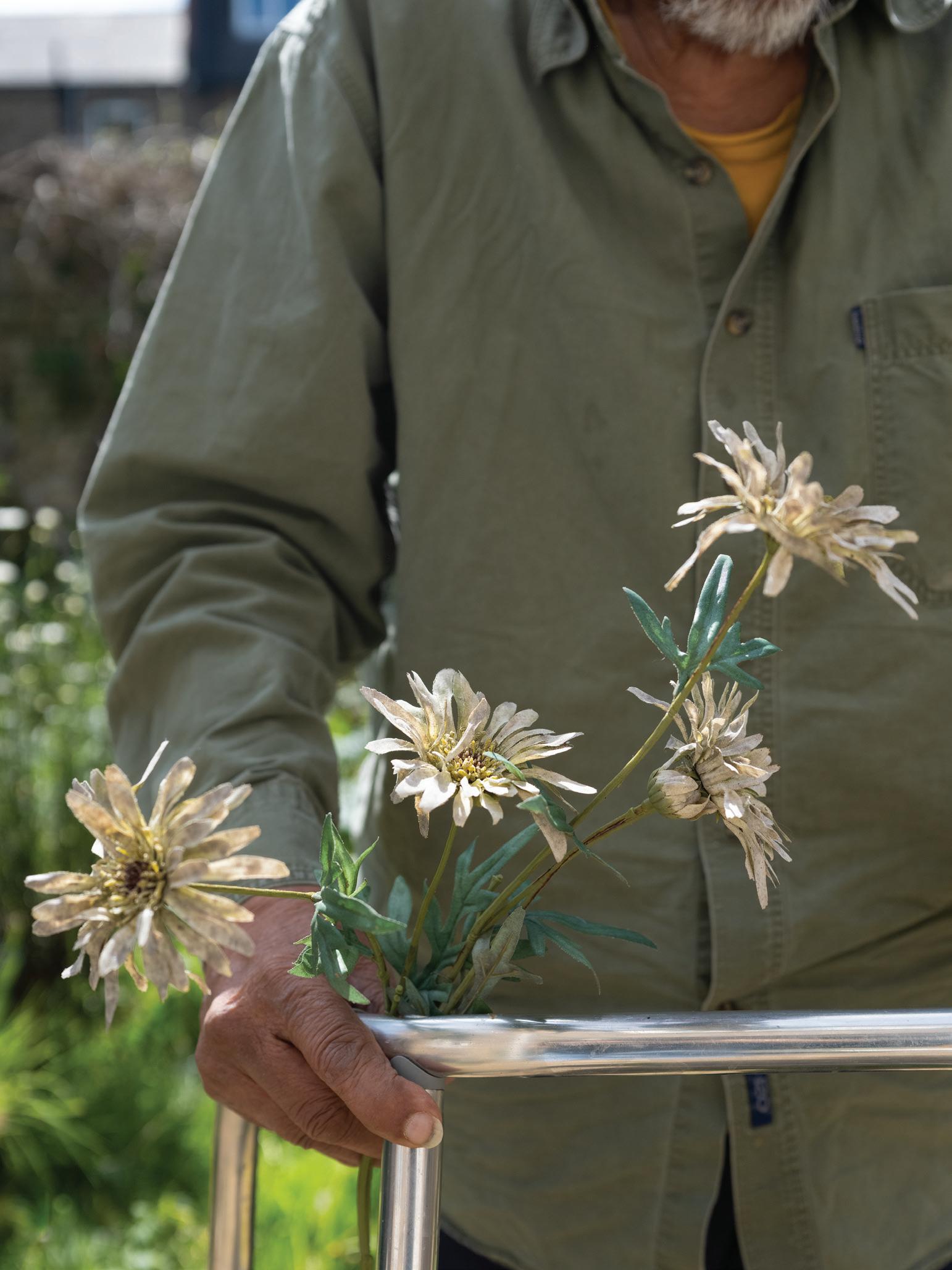

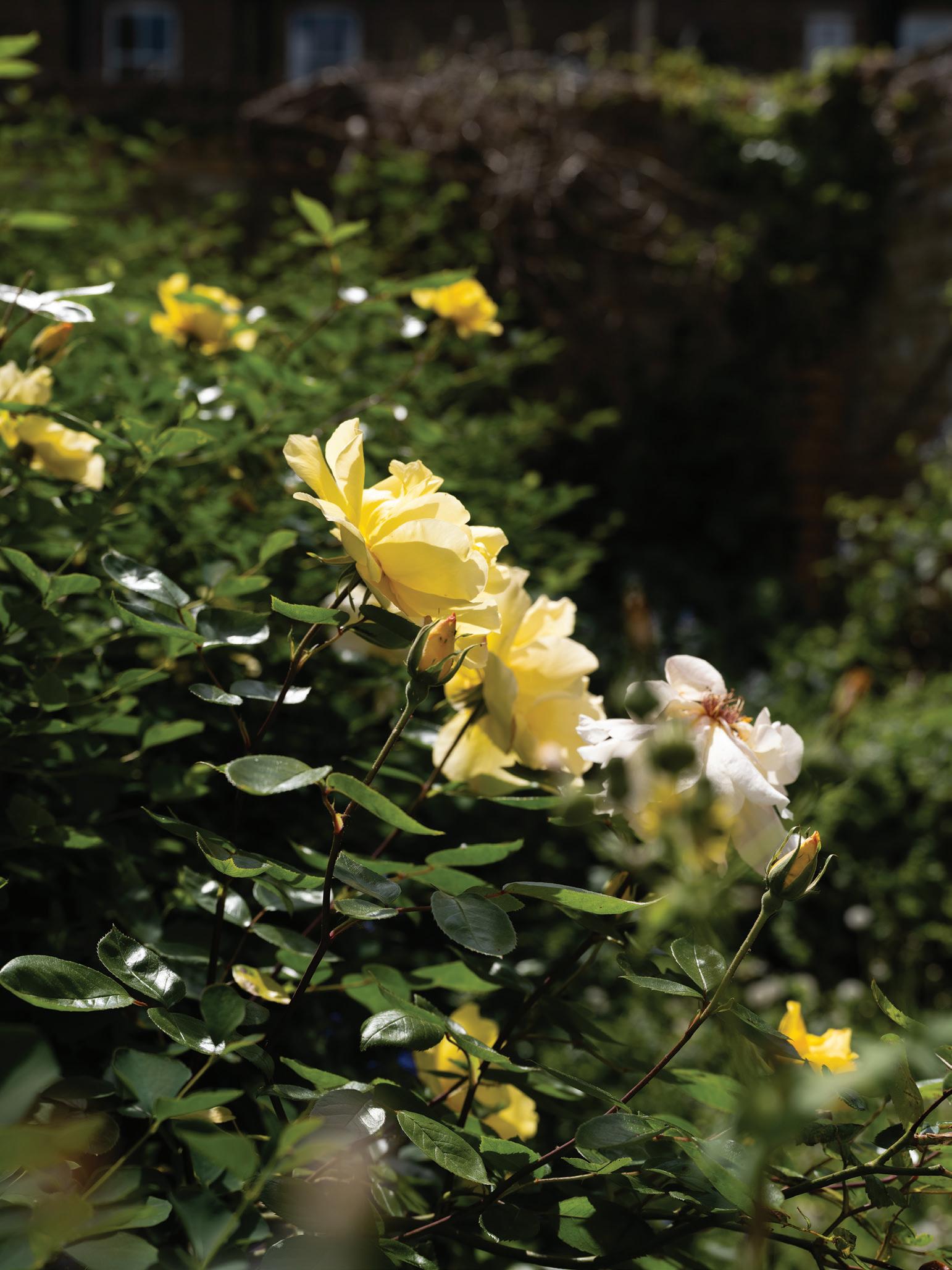
Everlasting Love
Love Affair
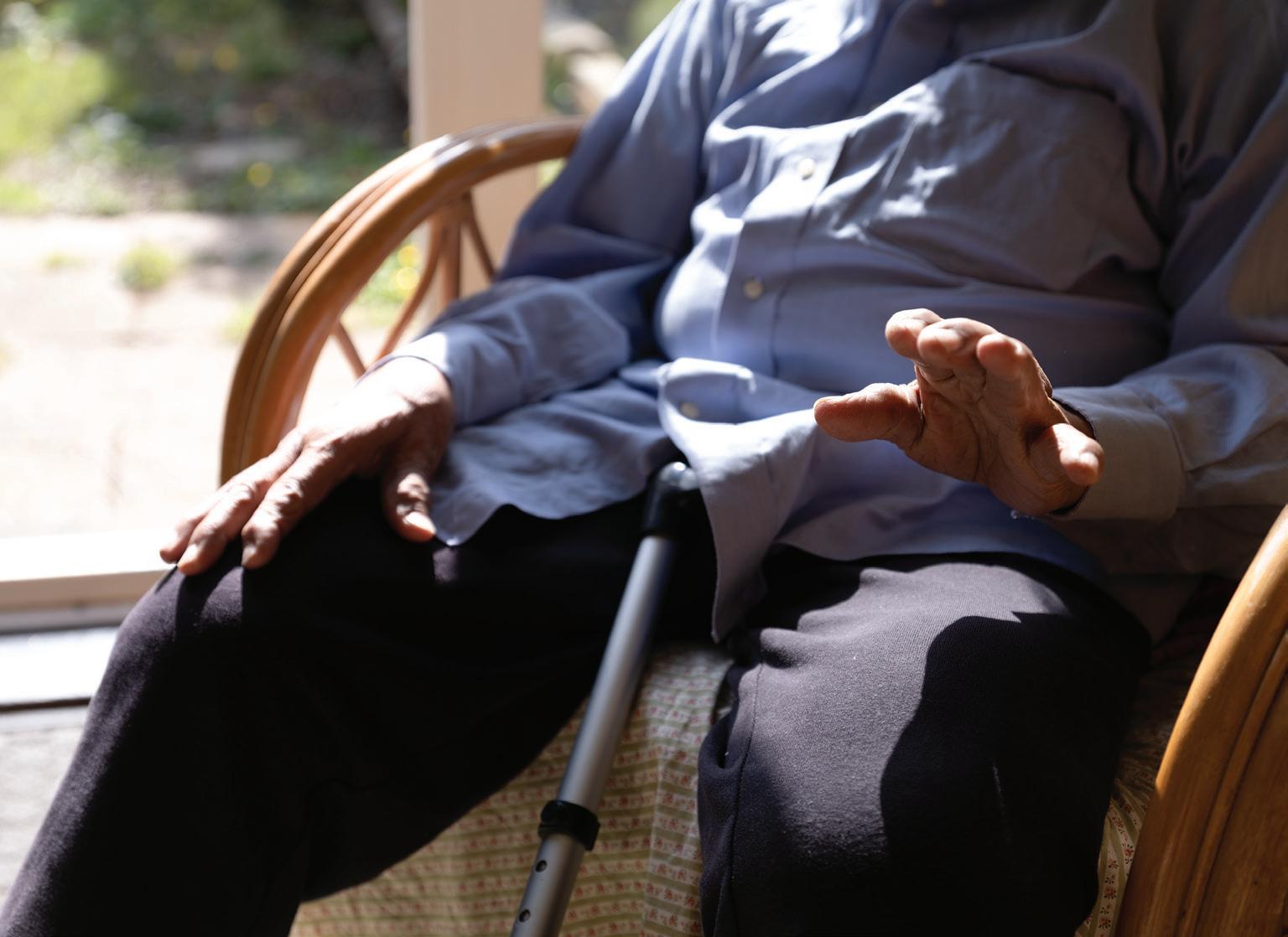
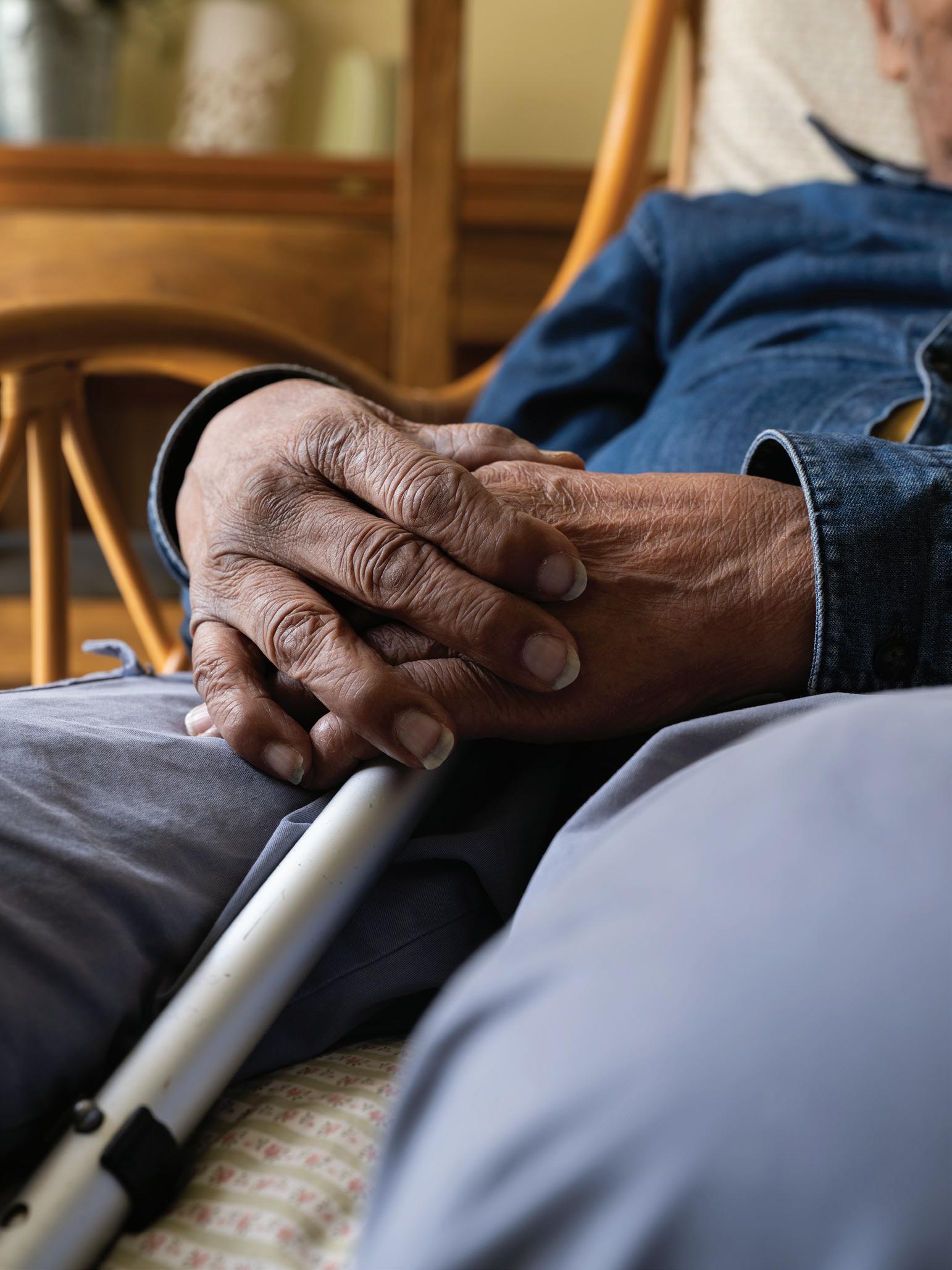

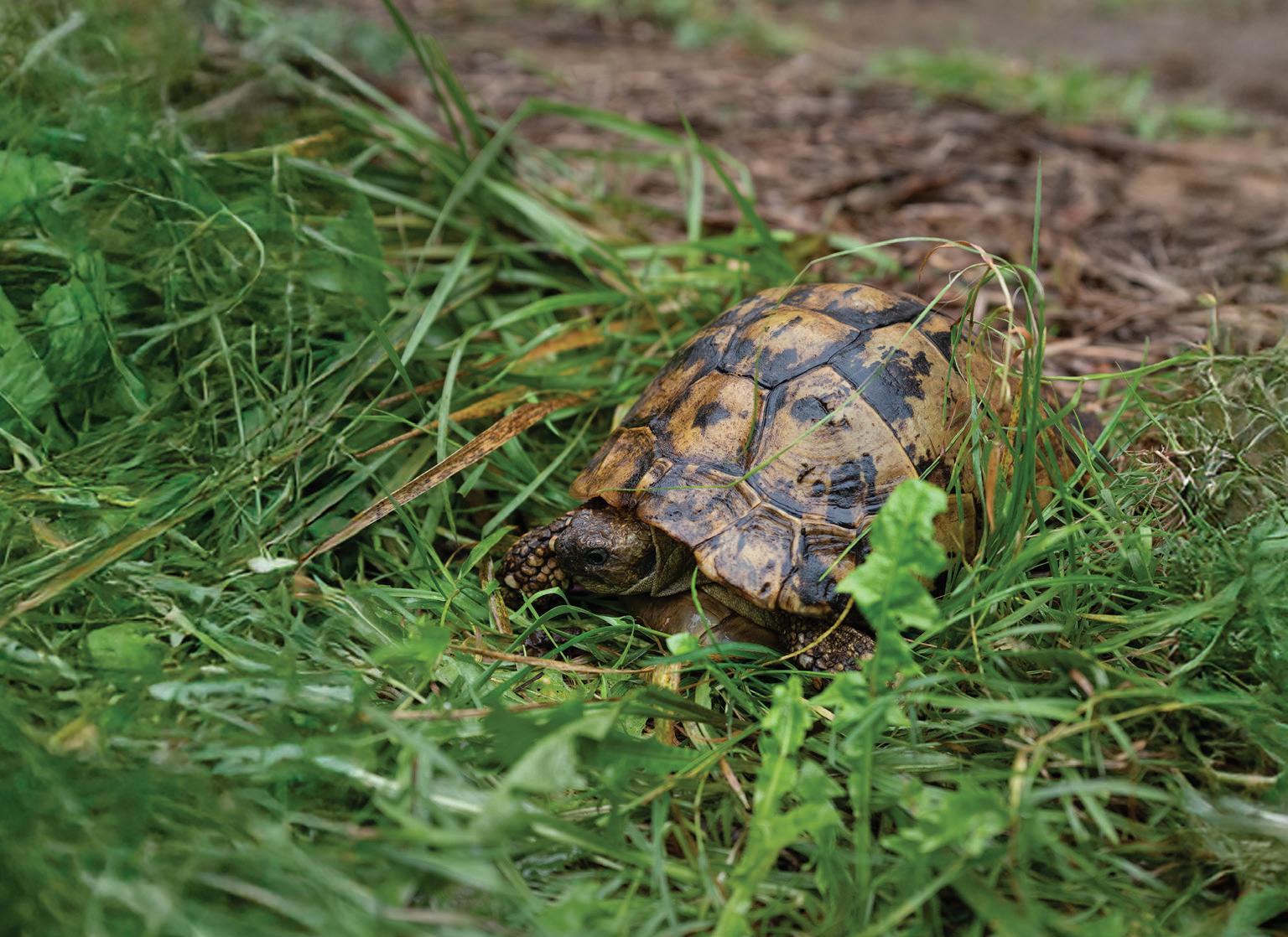
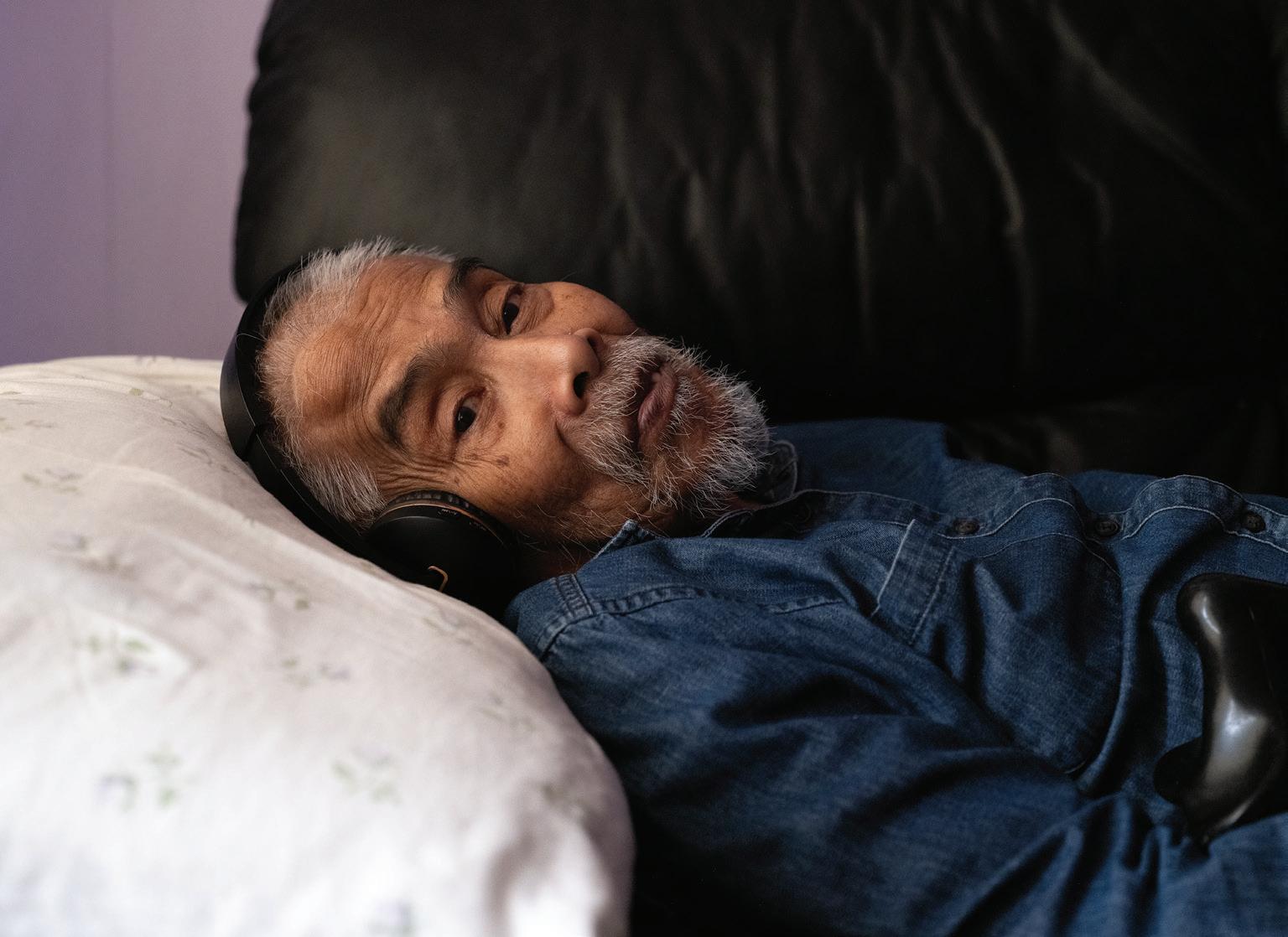
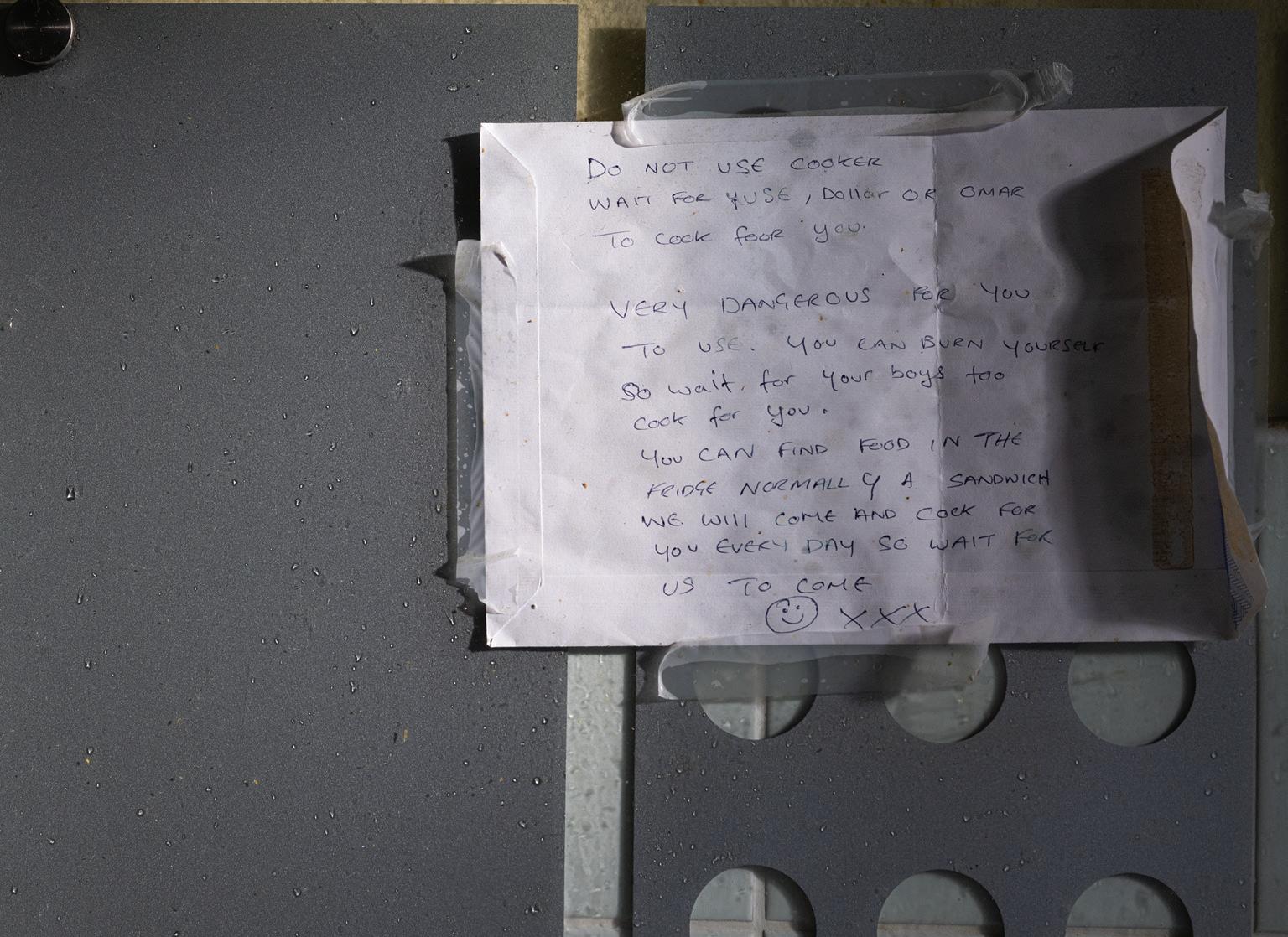

Hello, Goodbye
Beatles
The
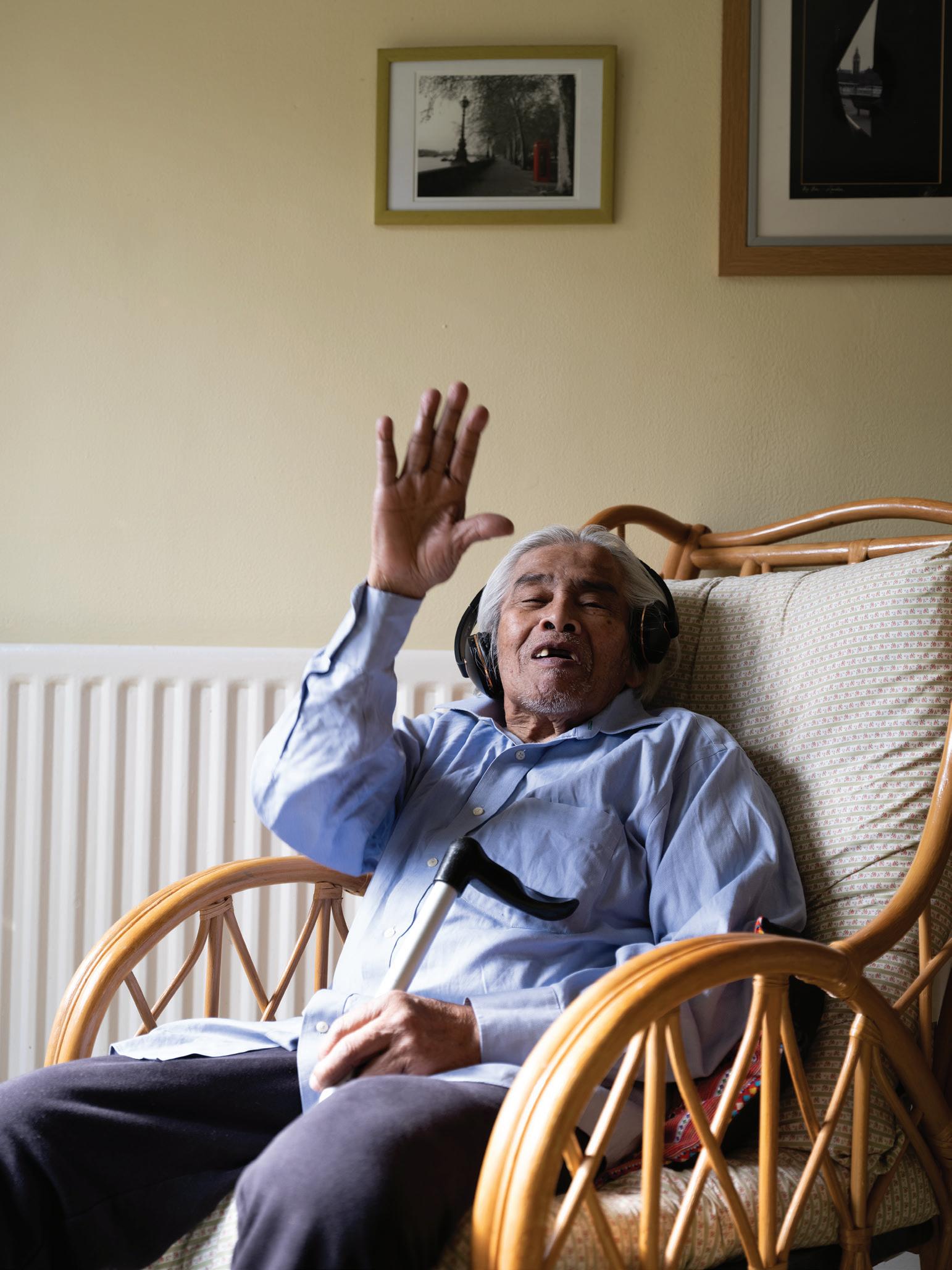
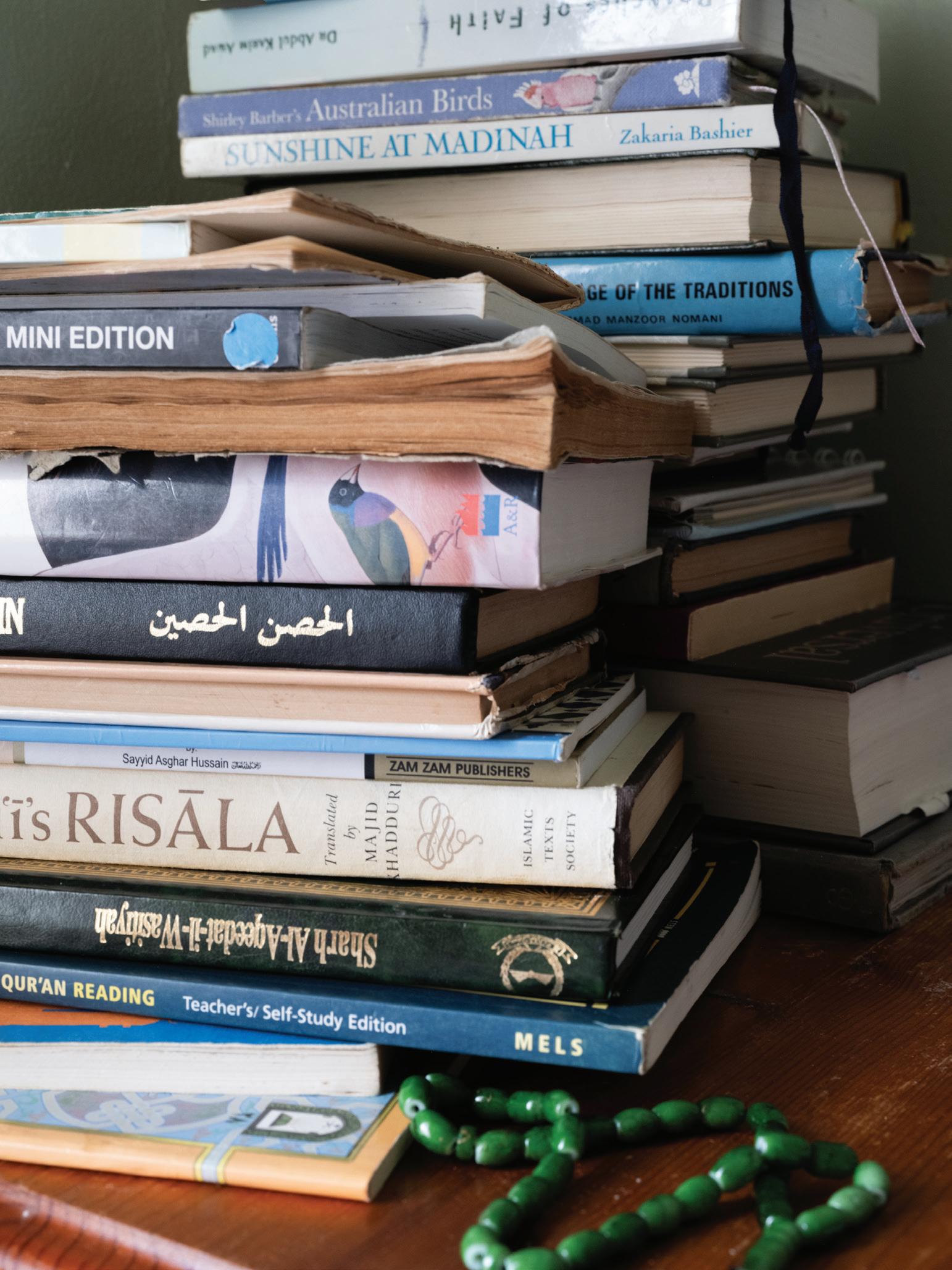
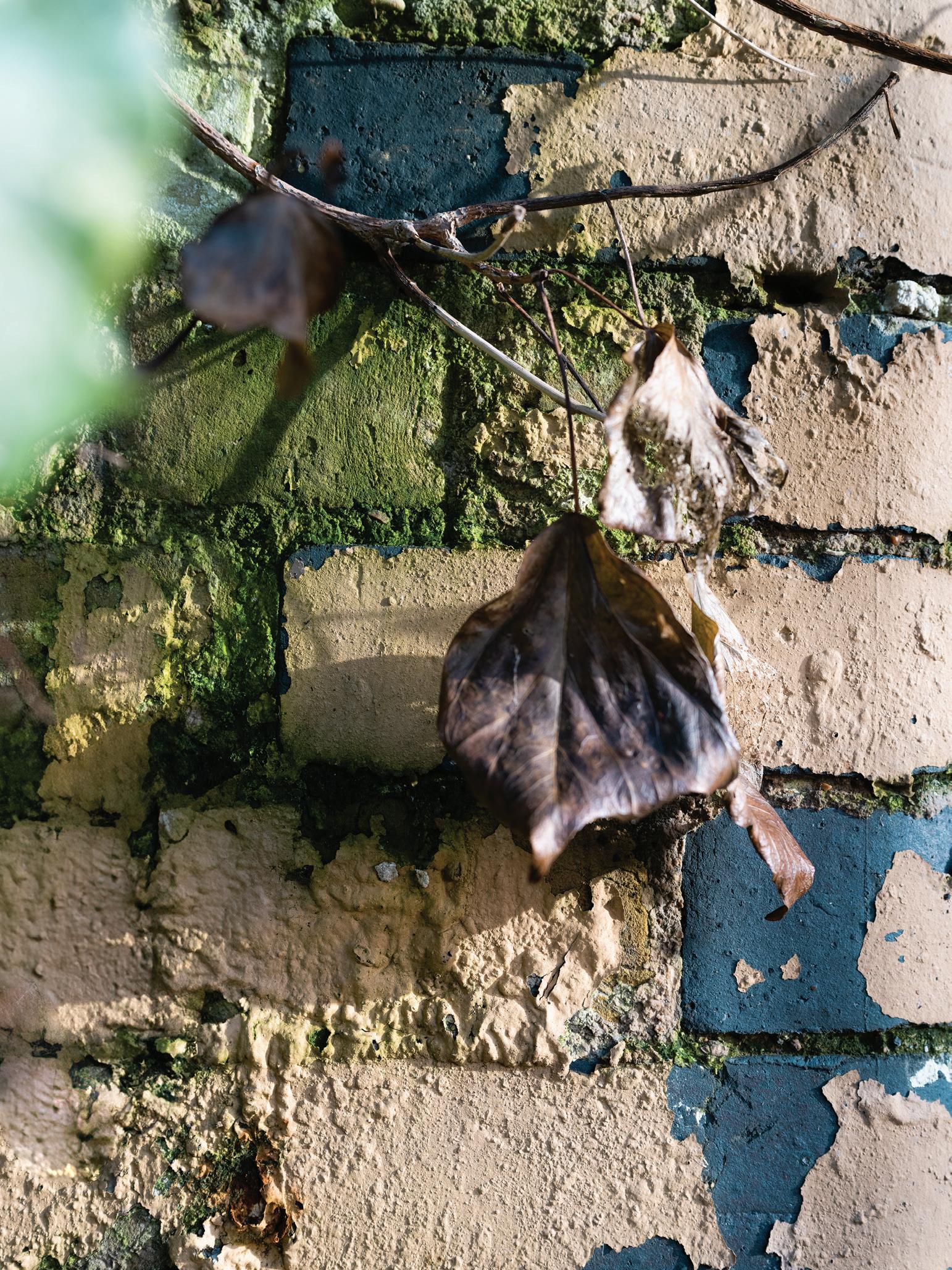
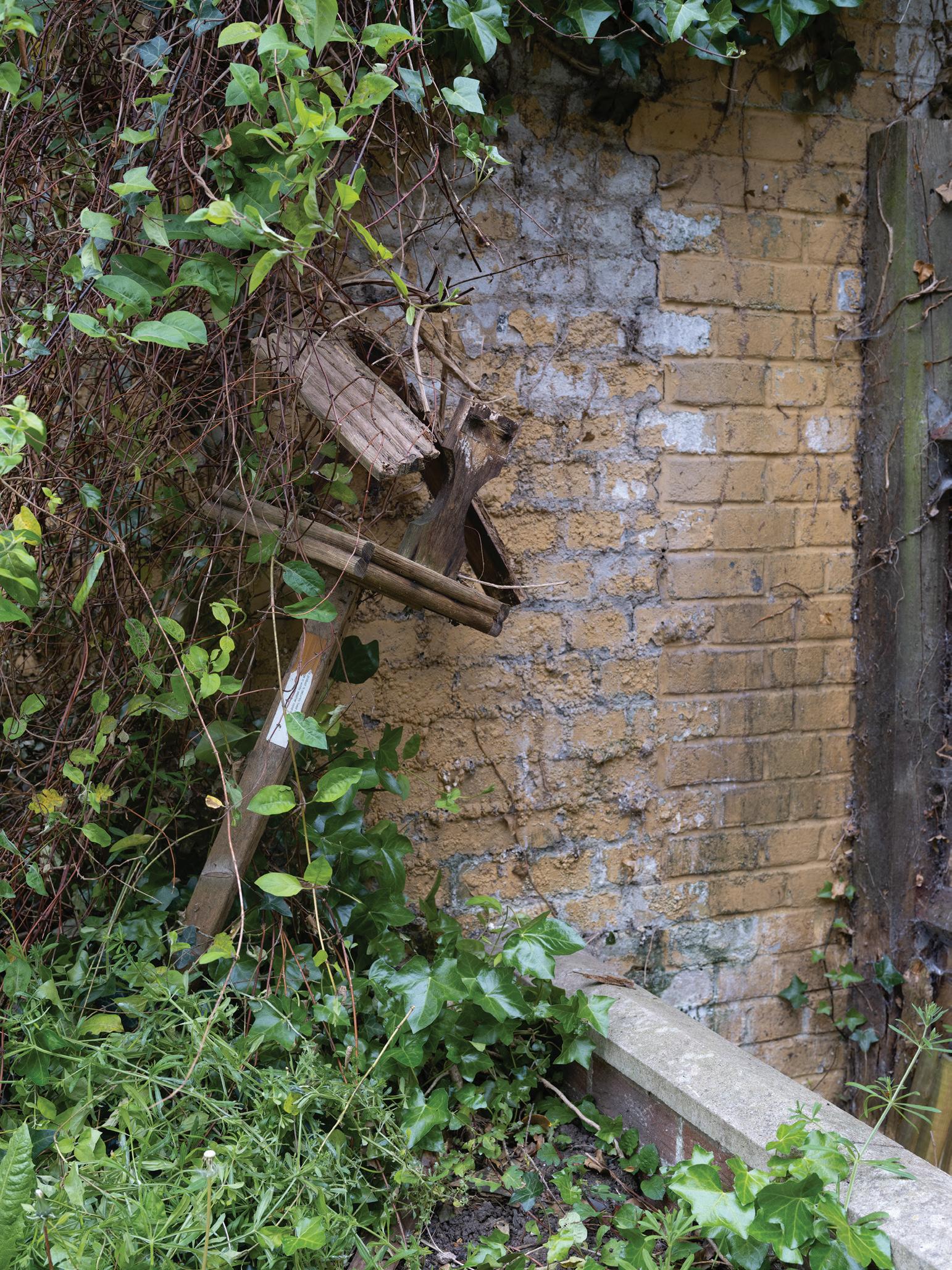
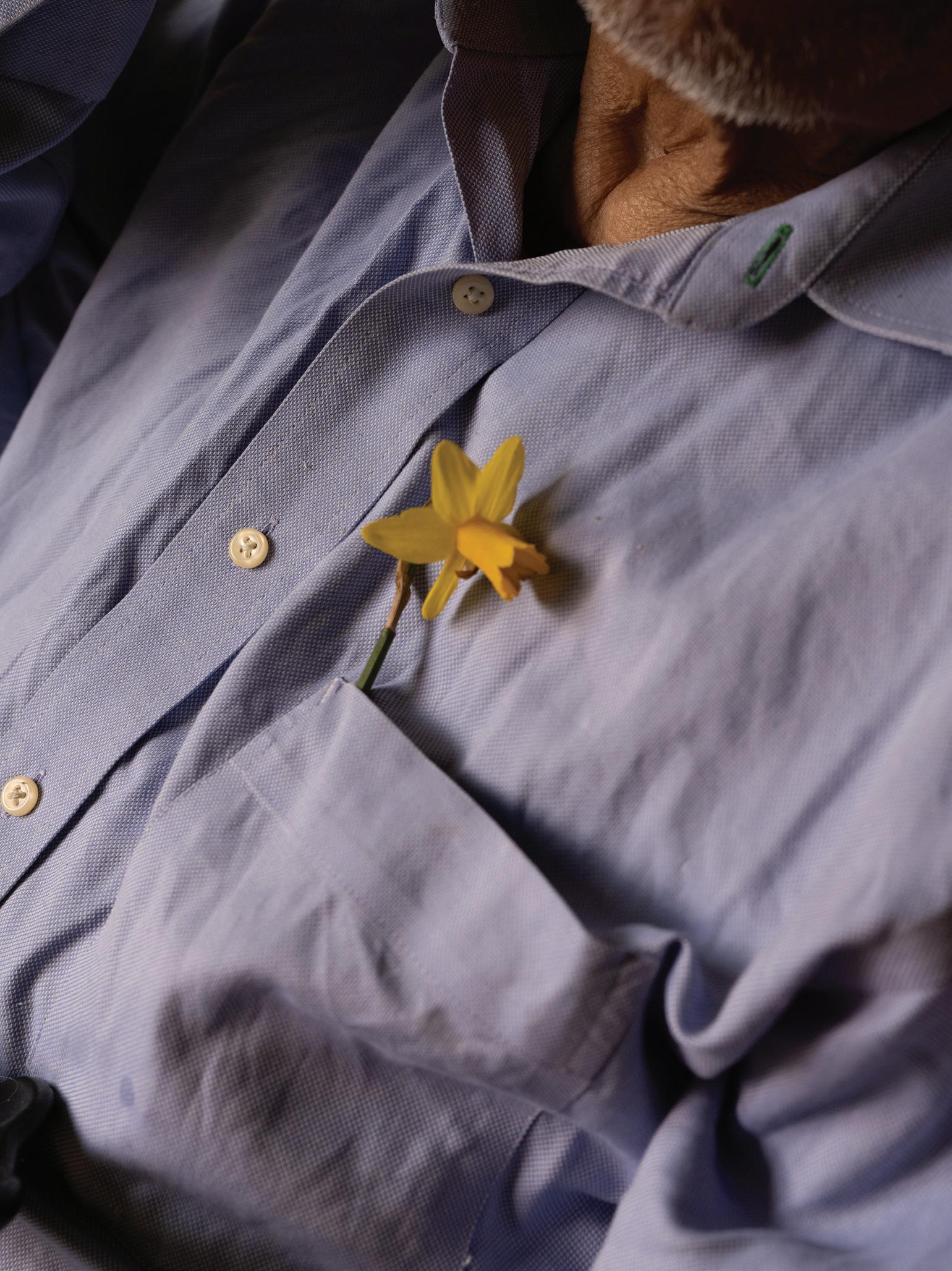
Tutti Frutti
Little Richard
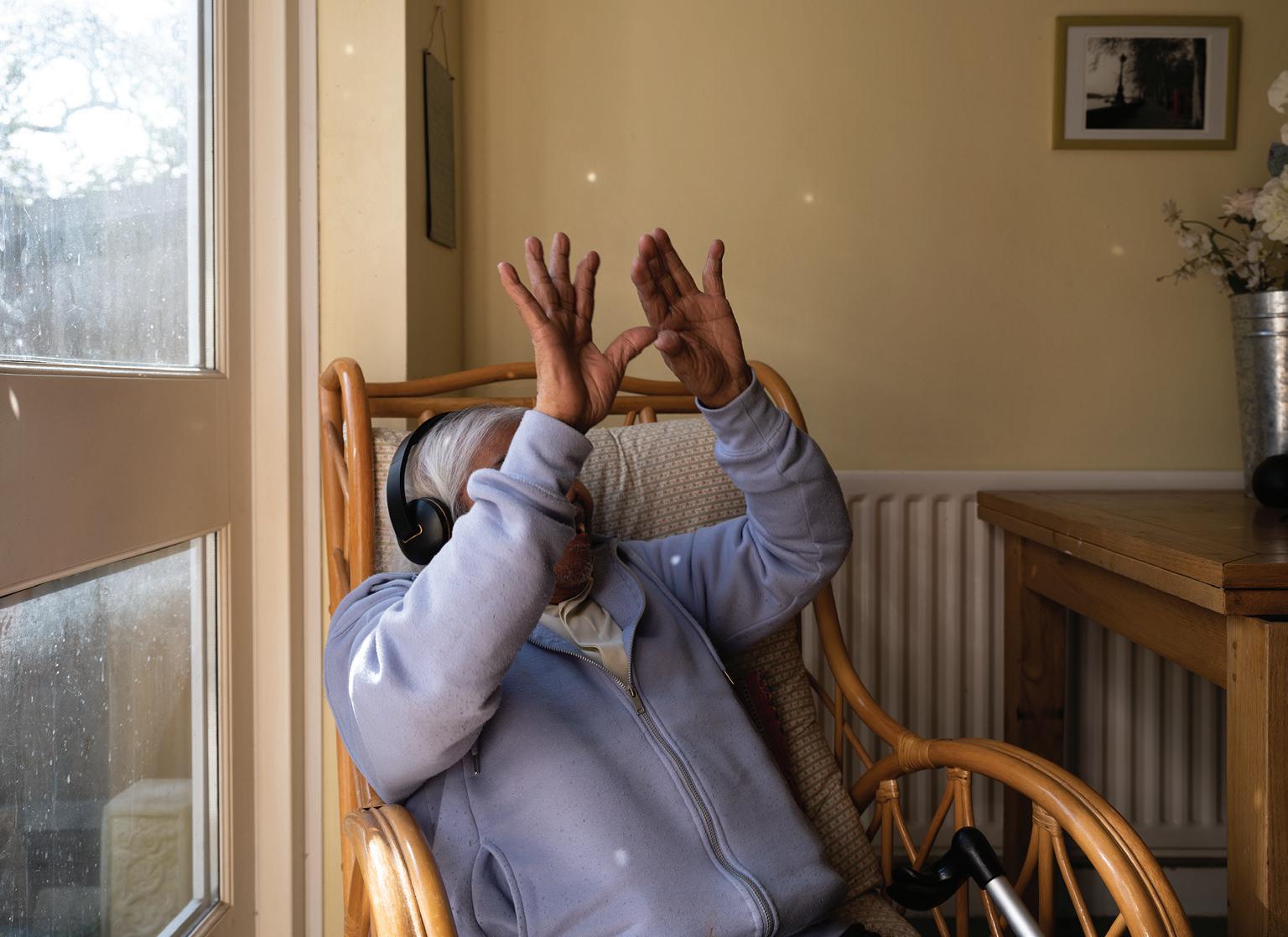
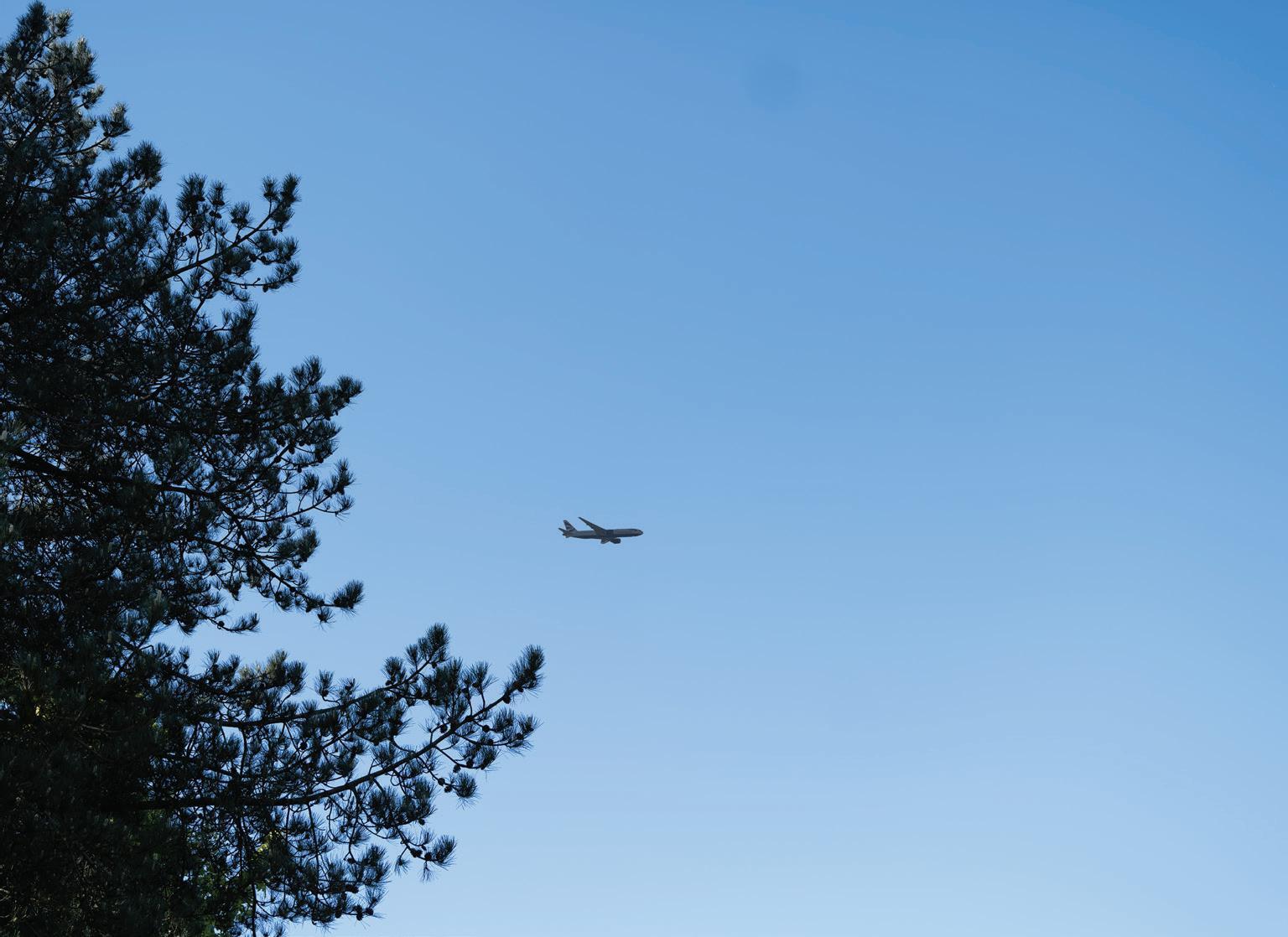
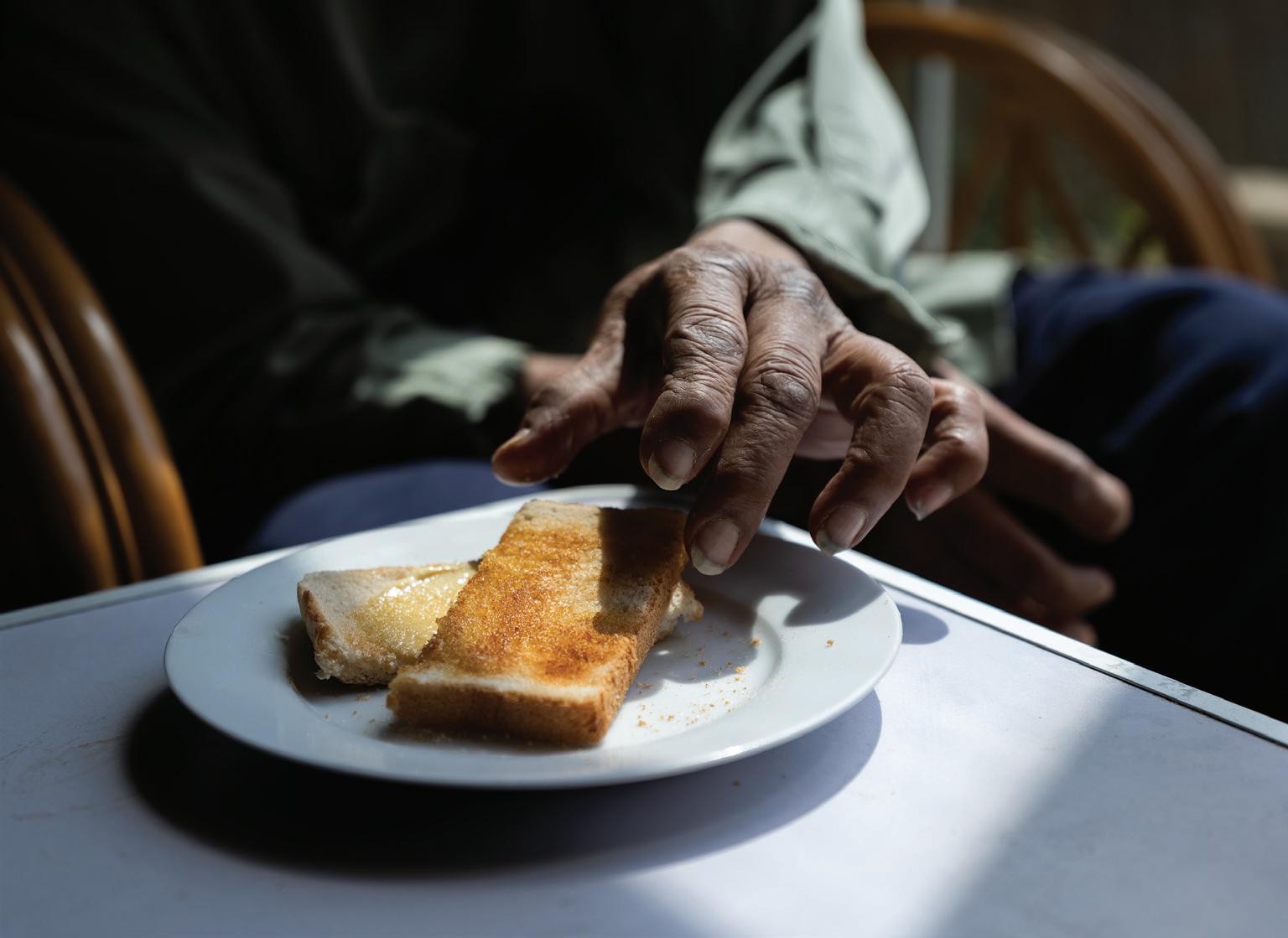
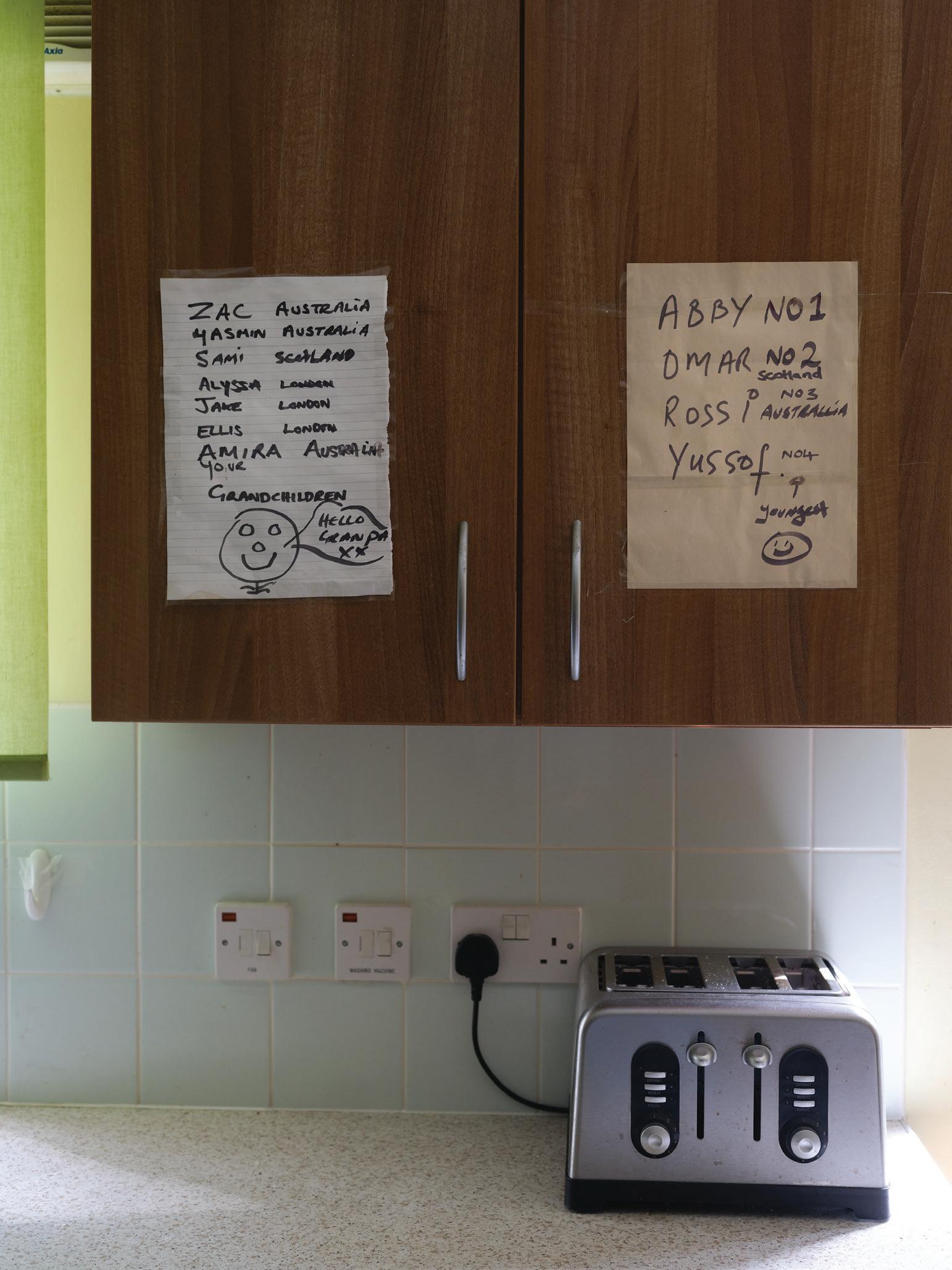
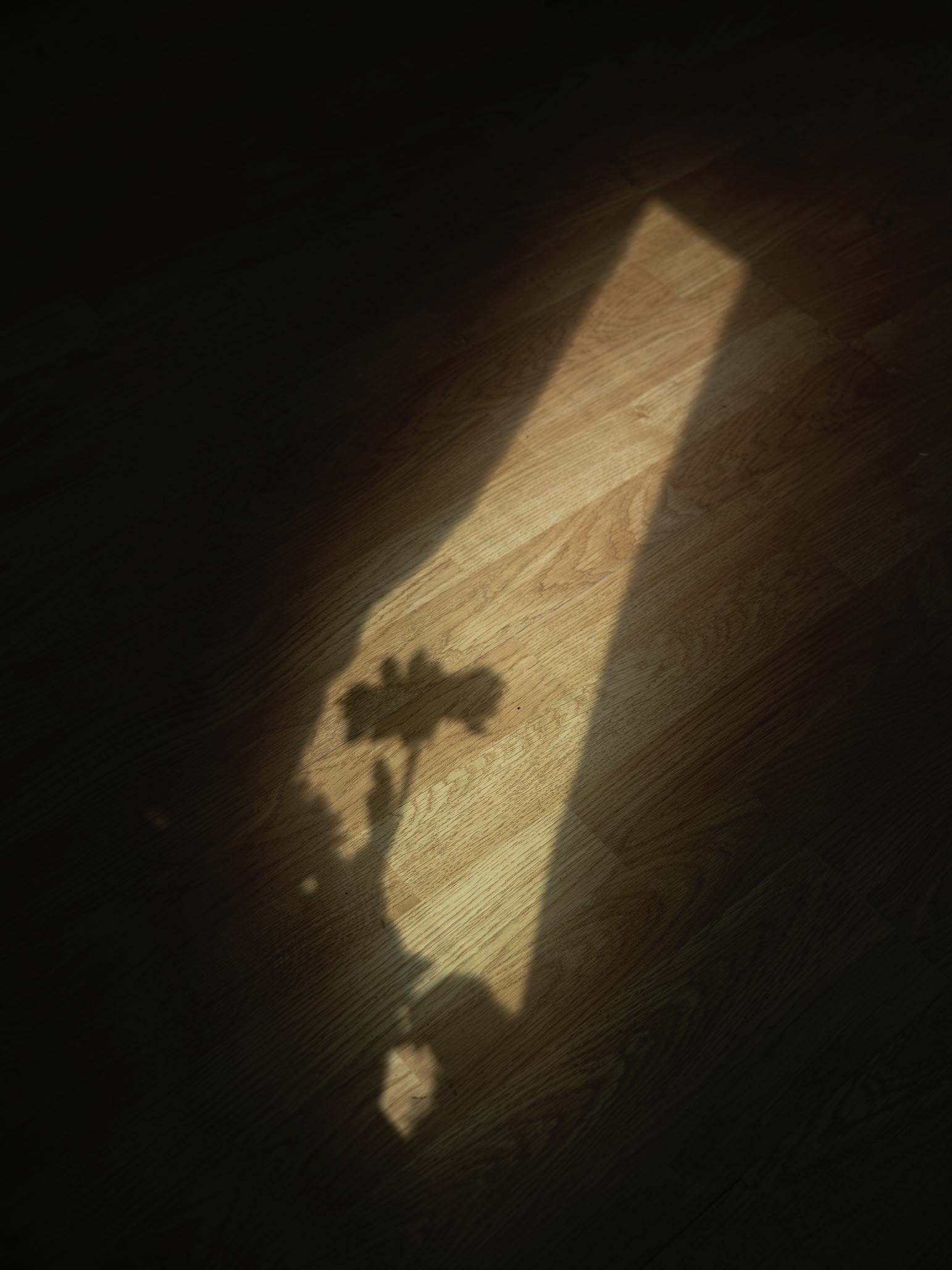
Rasa Sayang
Old Malaysian Folk Song
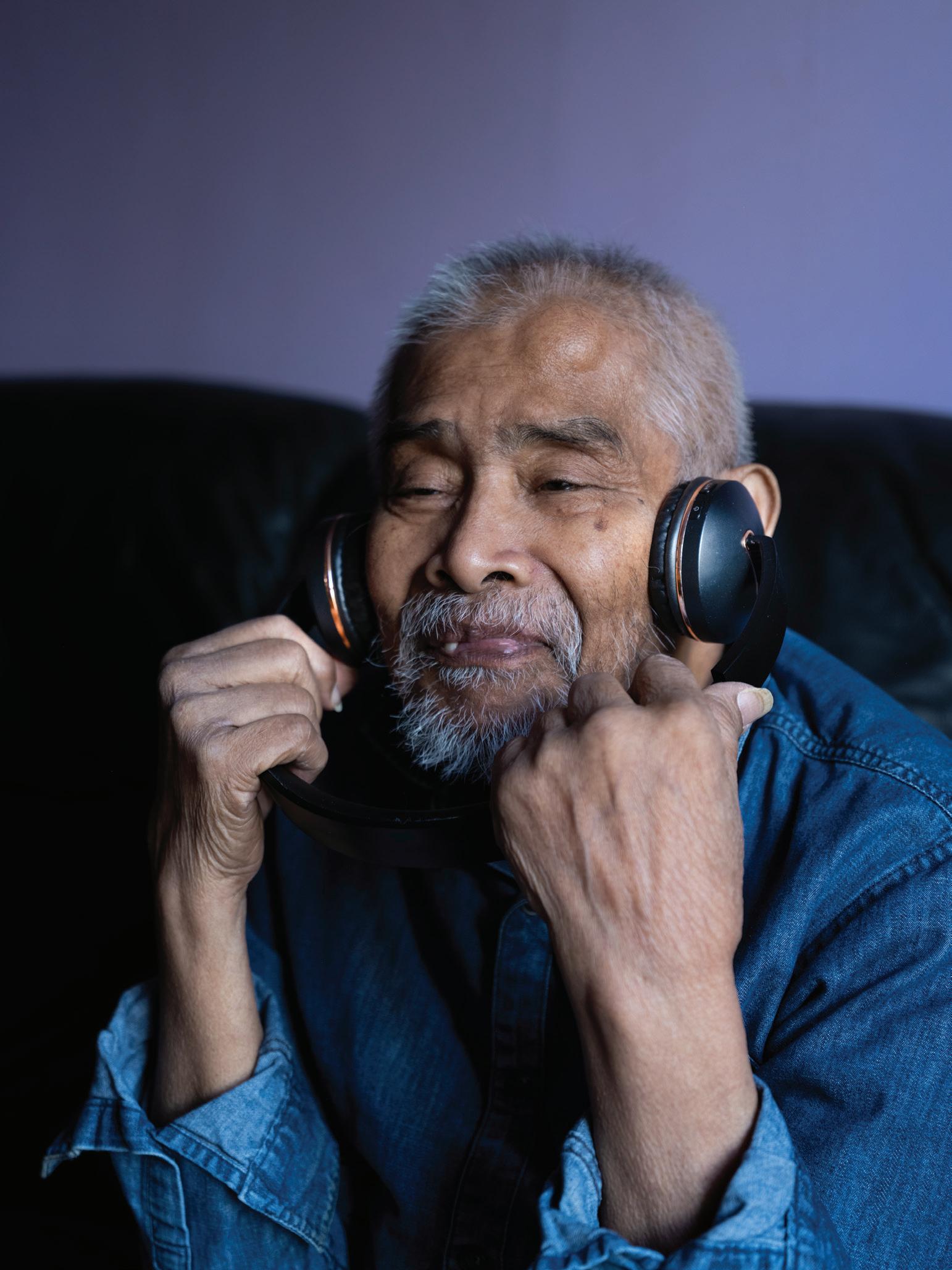
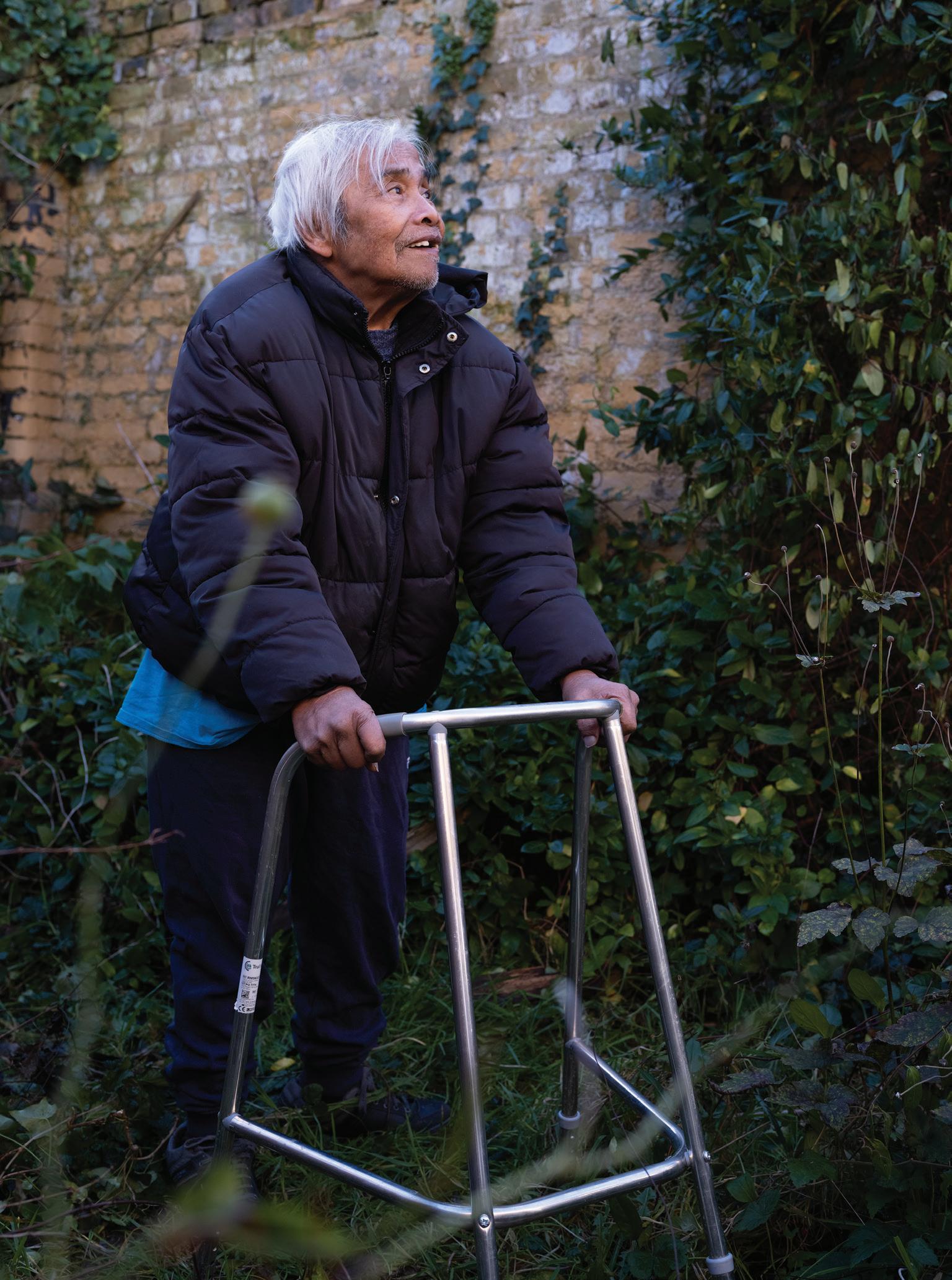
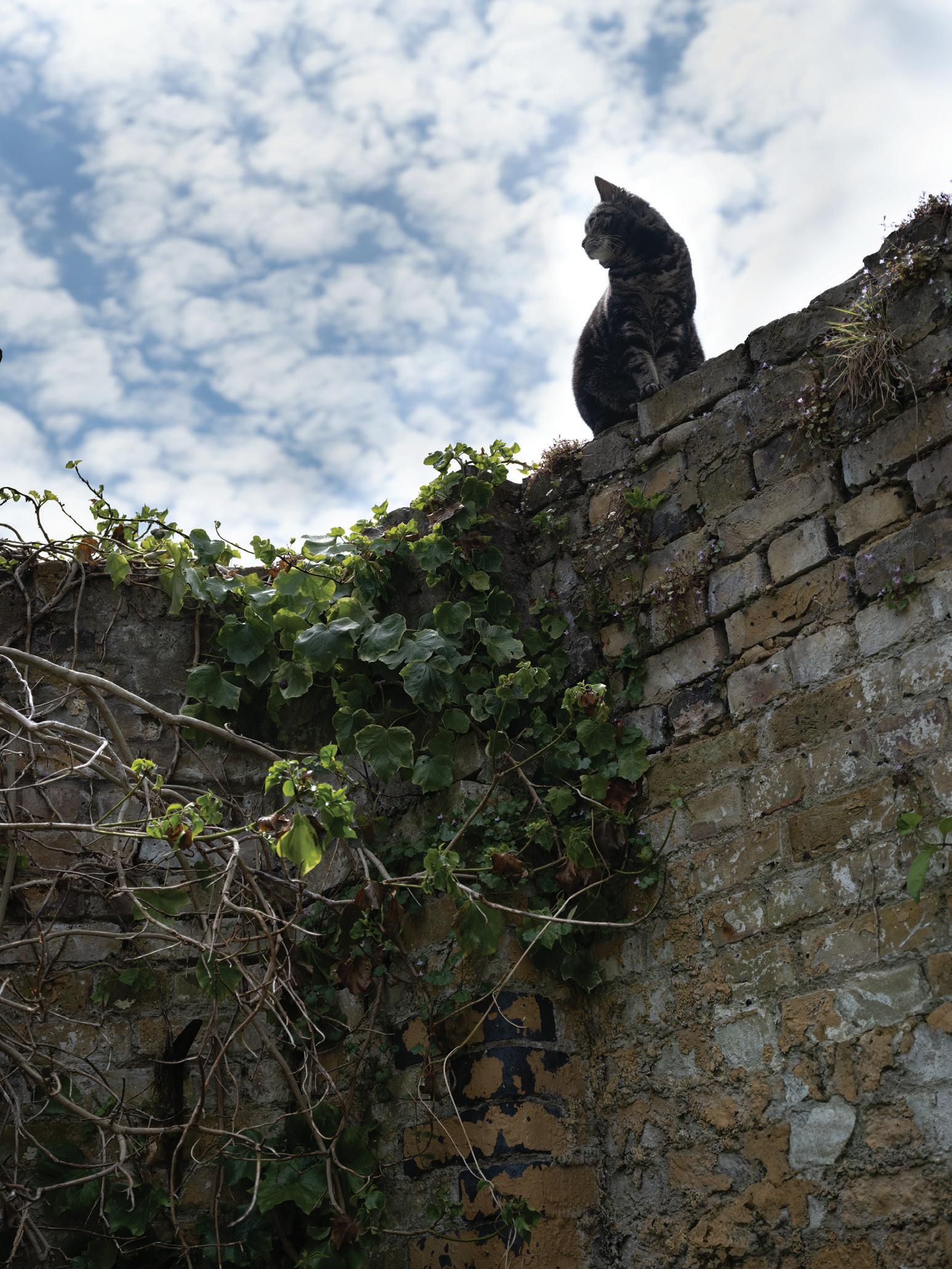


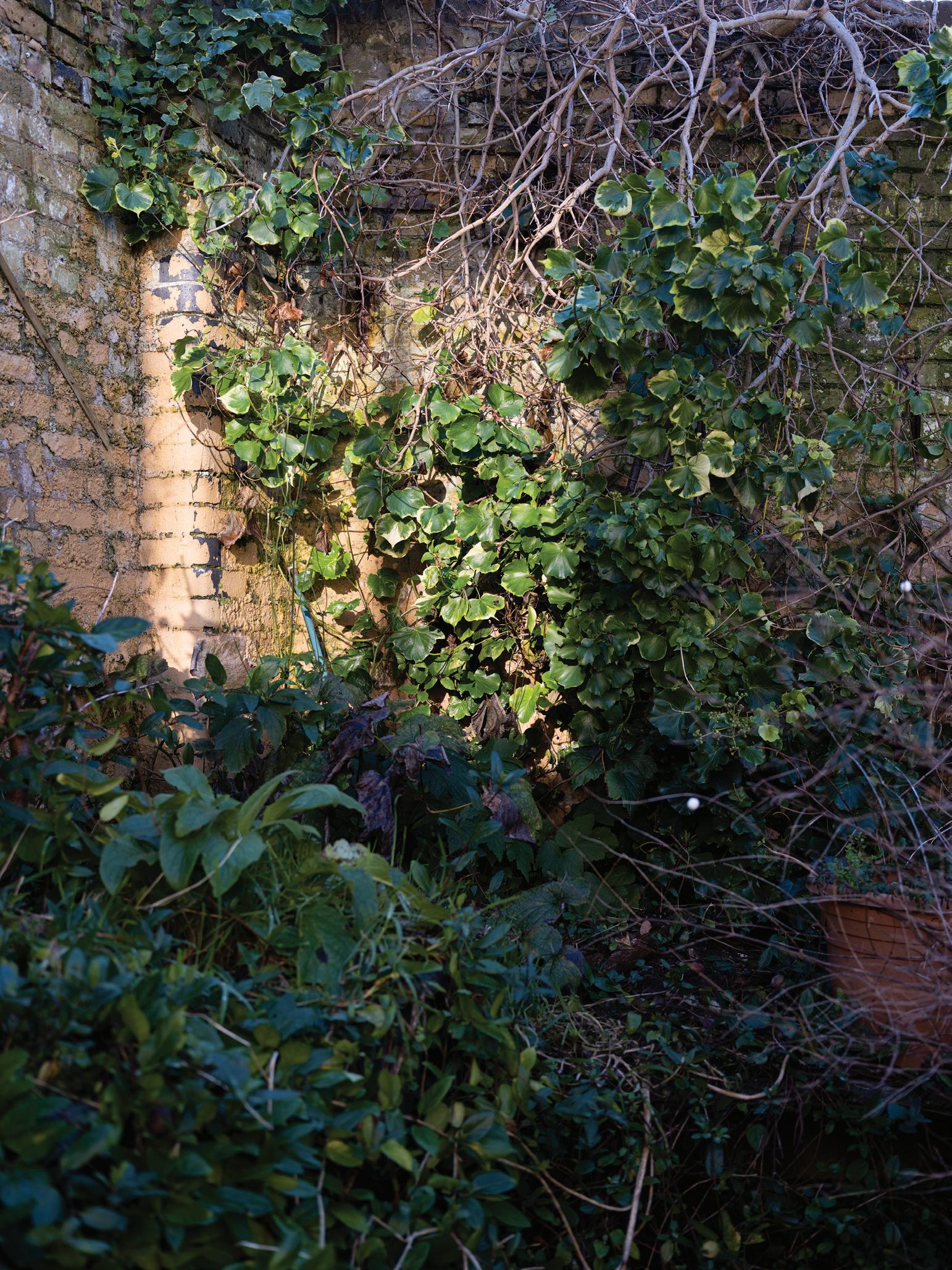
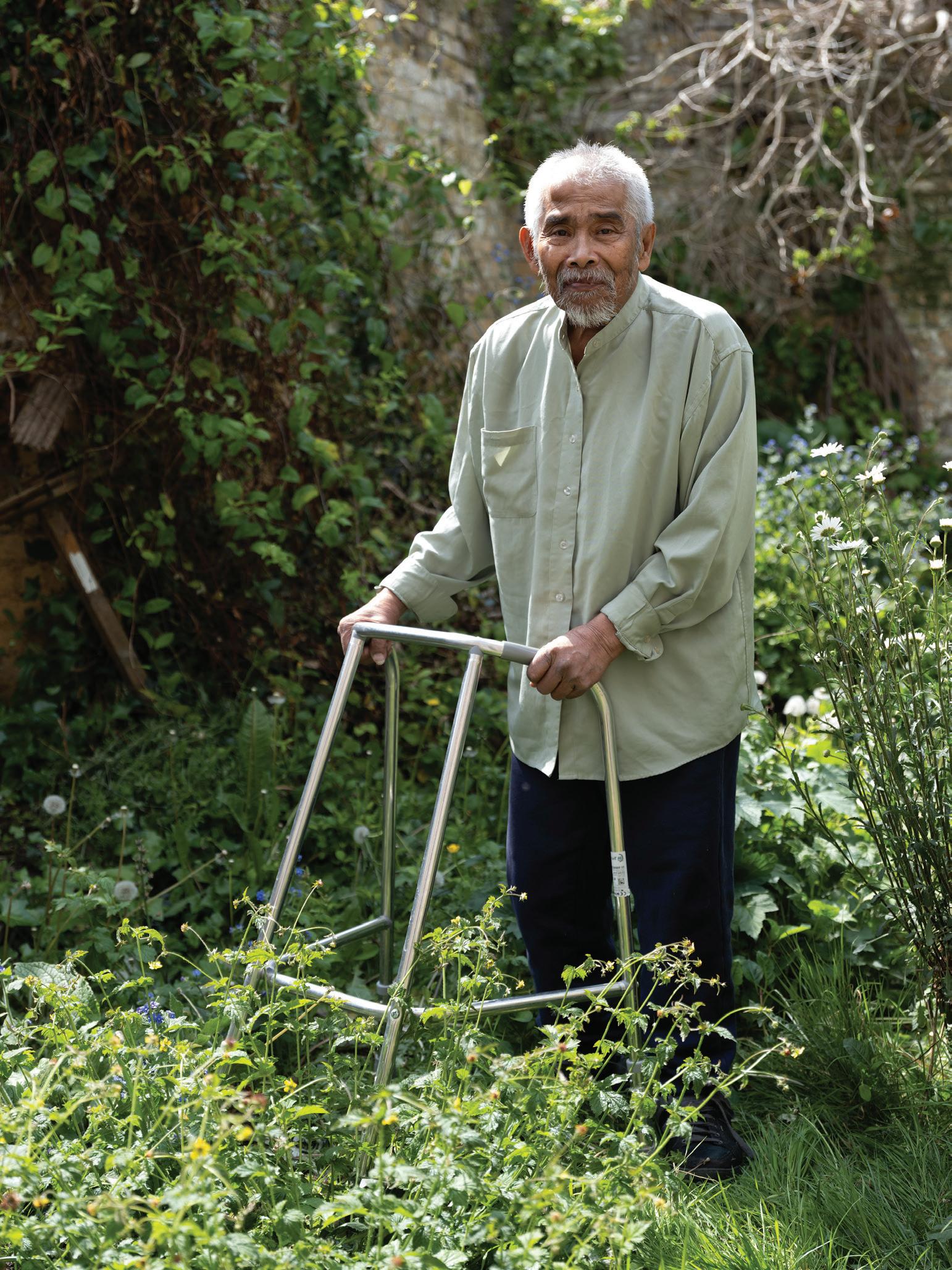
You Never Can Tell
Chuck Berry
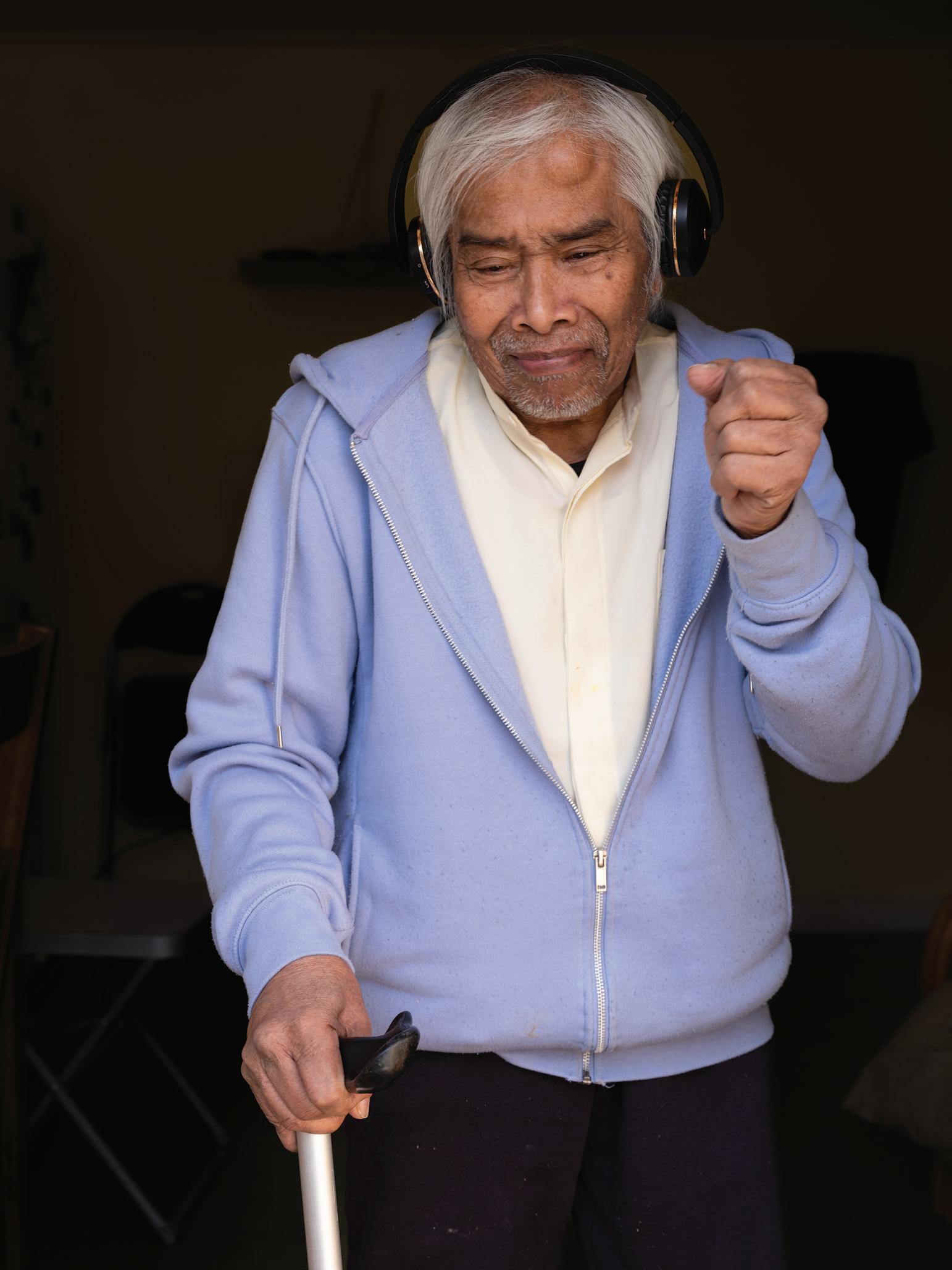

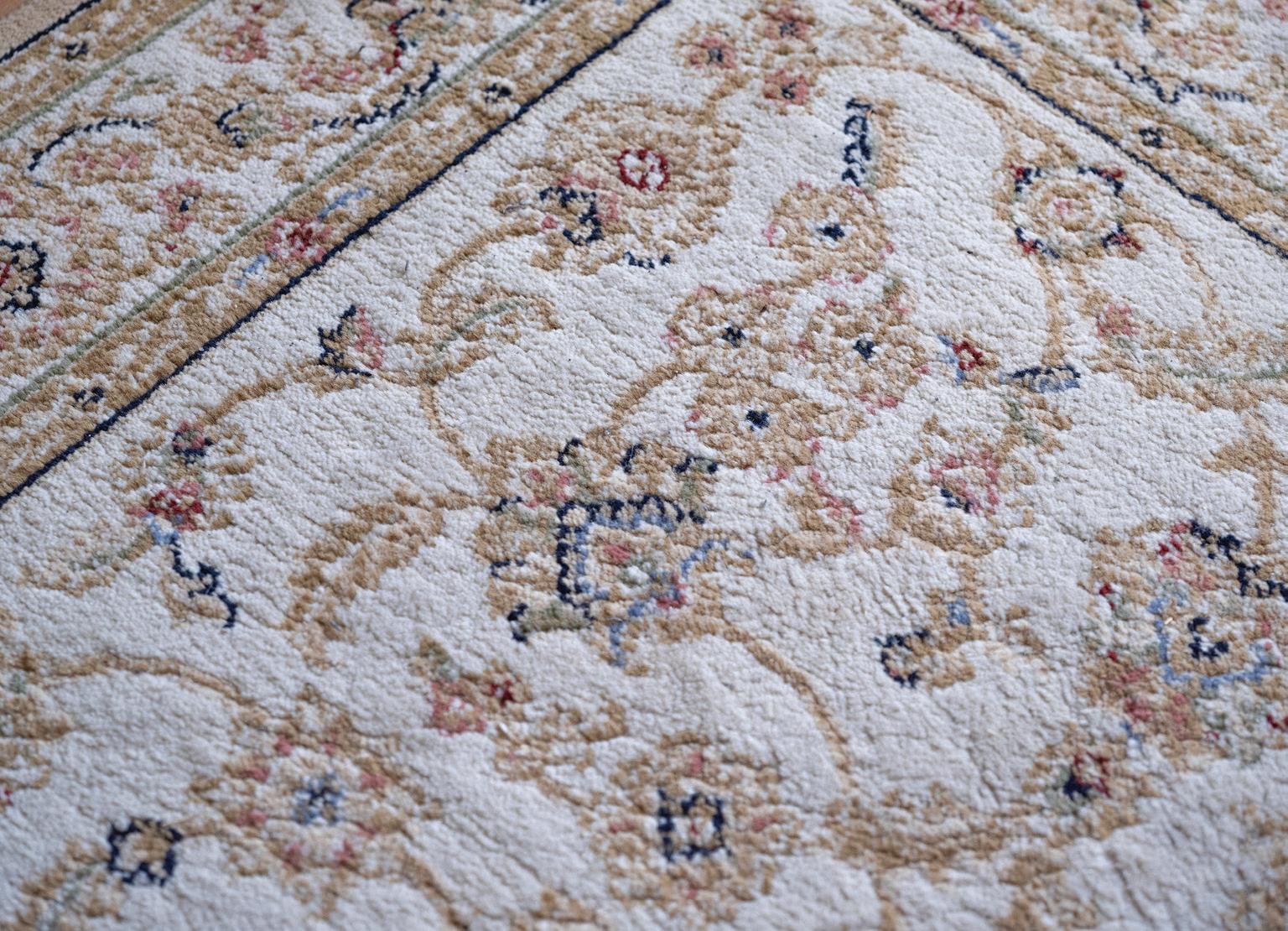
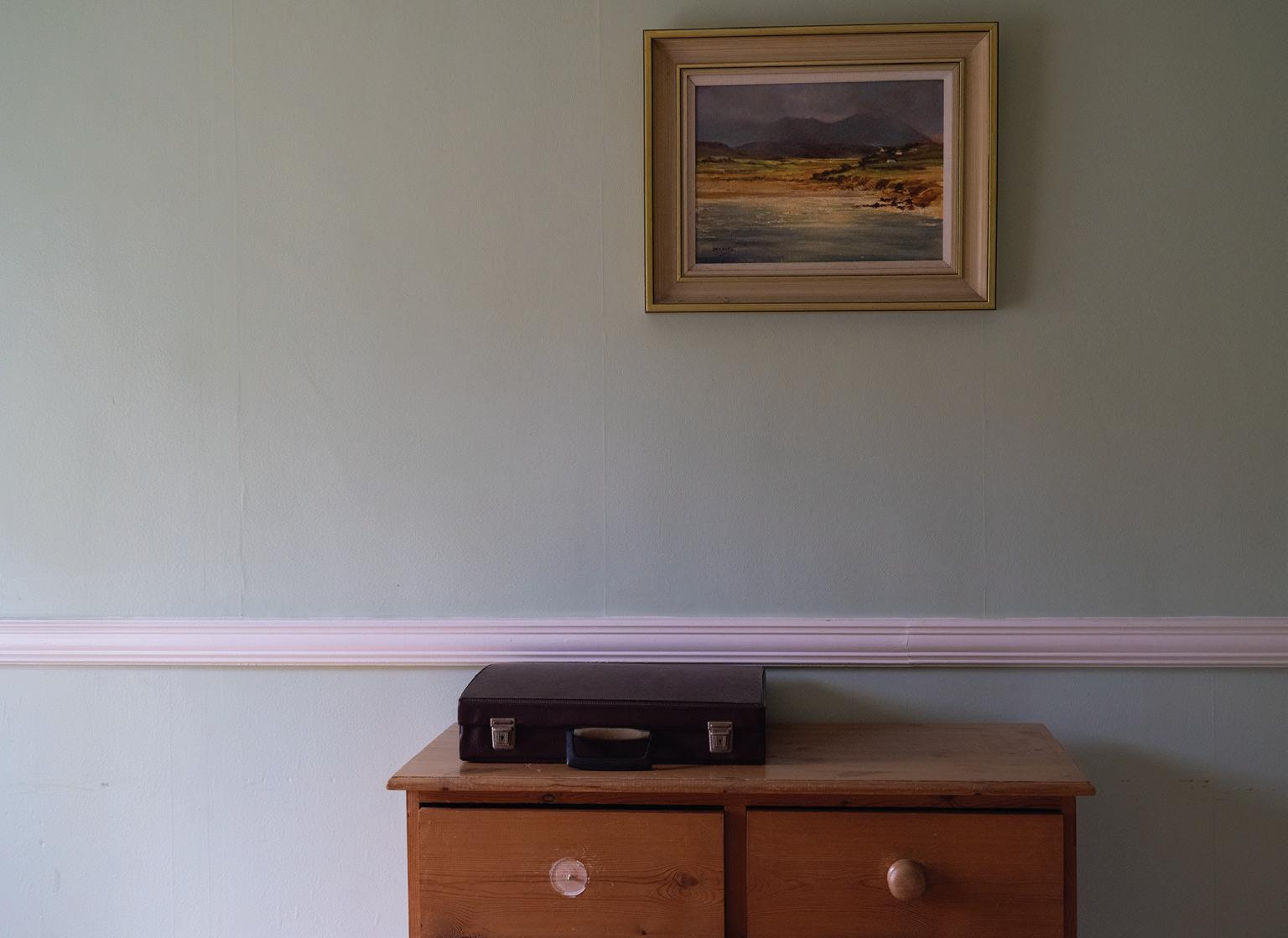
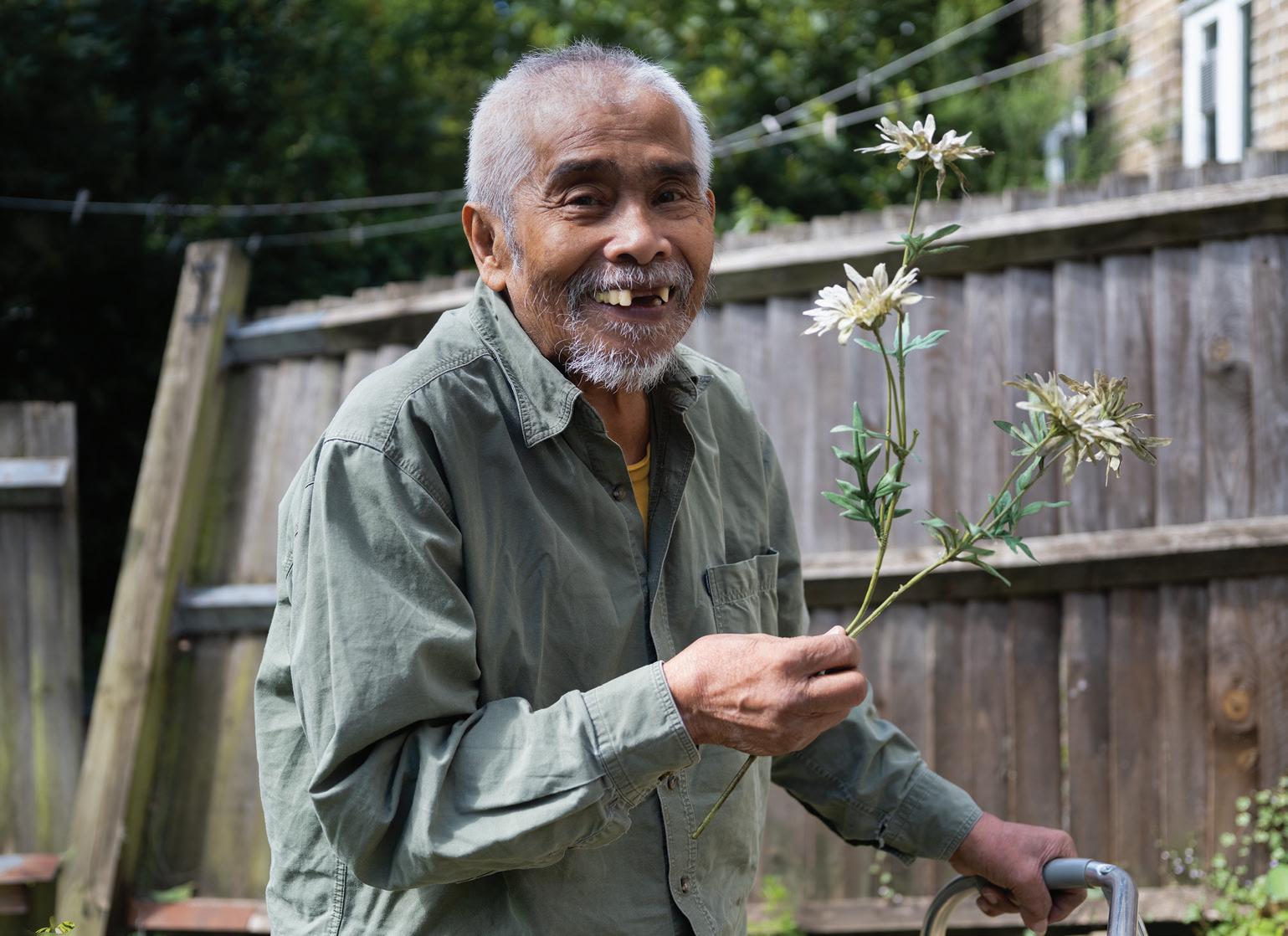
Nearly one million people live with dementia in the UK, and sadly there is no cure. Music is not a magic wand, but it can become a lifeline, for those who have the condition and the people who love and care for them.
This book beautifully articulates the impact that a few of your favourite songs, a pair of headphones, a radio or even just singing with a loved one can have.
The reason is that music reaches many different parts of the brain at once. If we were to scan your brain while listening to music, the screen would light up like a firework display. Brain areas connected to language, movement, emotions, and memory would all light up.
Music is a proven and cost-effective resource that can improve the lives of families affected by dementia. In a study conducted by orchestra Manchester Camerata, music reduced symptoms such as anxiety, agitation, frustration and anger in 67 per cent of participants. In other studies, it has been seen to reduce the use of medication, and regular singing has been used in some care facilities to reduce depression in residents by 40 per cent.
One song can make a world of difference and help turn a difficult day around.
For all those living, working or caring for people with dementia, I hope viewing this book inspires you to give music a go, as it has for Alyssa and her Grandpa, throughout his dementia journey.
Sarah Metcalfe
Acknowledgements -
I dedicate this book to my Grandpa, and I would like to say a special thank you to my family, for all the love and support you shared throughout this project.
Guest Writers -
Dr Concetta M. Tomaino, Executive Director of The Institute
for Music and Neurologic Function
Sarah Metcalfe,
Managing Director of
The Utley Foundation and The Music for Dementia Campaign
Copyright: ©Alyssa Aziz, 2025
All rights reserved. No part of this publication may be reproduced, stored in a retrieval system, or transmitted in any form or by any means without written permission from the publisher.
The author has asserted their rights to be identified as the author of this work in accordance with the Copyright, Designs and Patents act 1988.
Self Published & Designed ByAlyssa Aziz / May 2025
Printed ByTaylor Brothers, Bristol
With Support FromThe Reginald Sailsbury Travel Award 2025 University of South Wales

